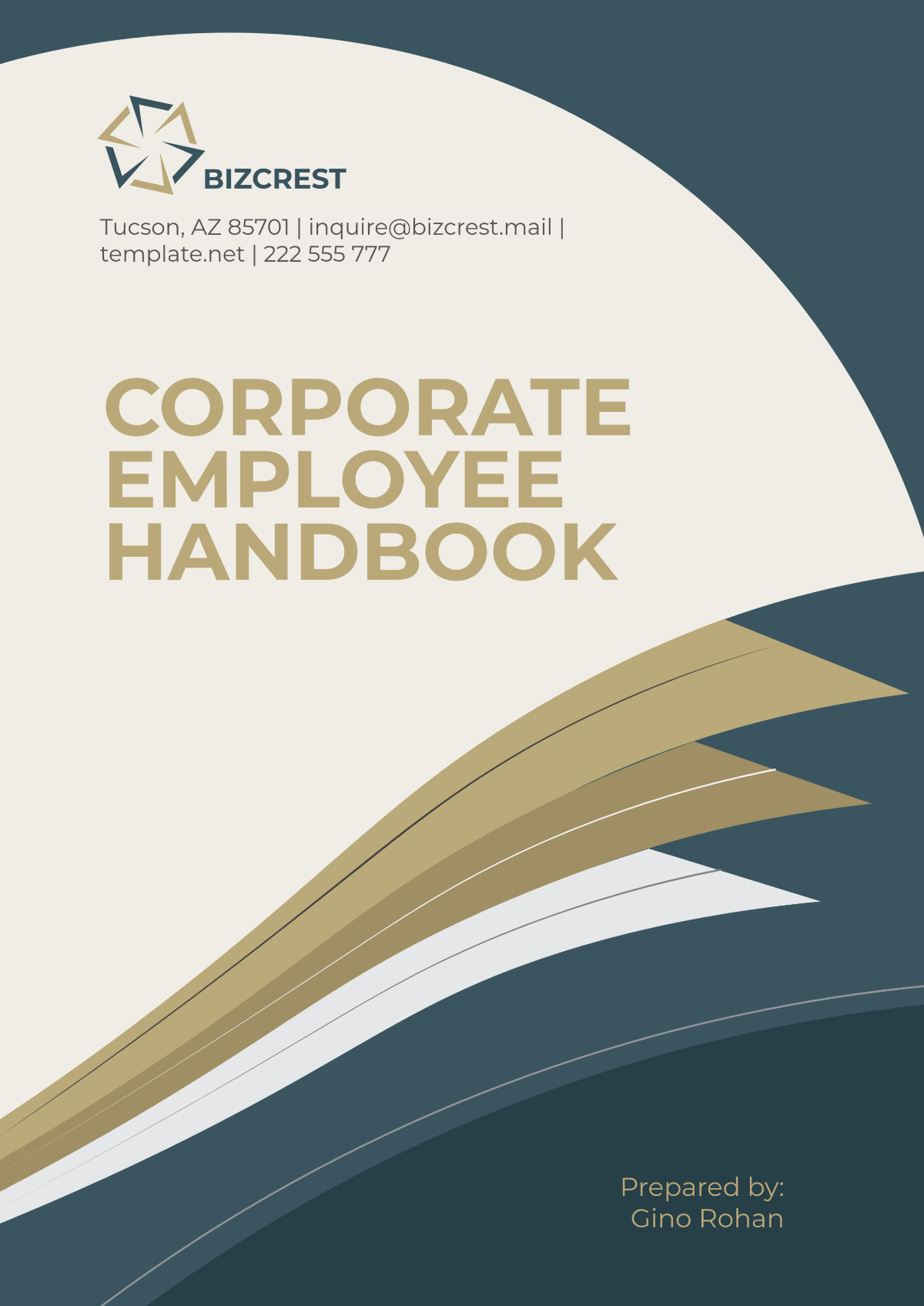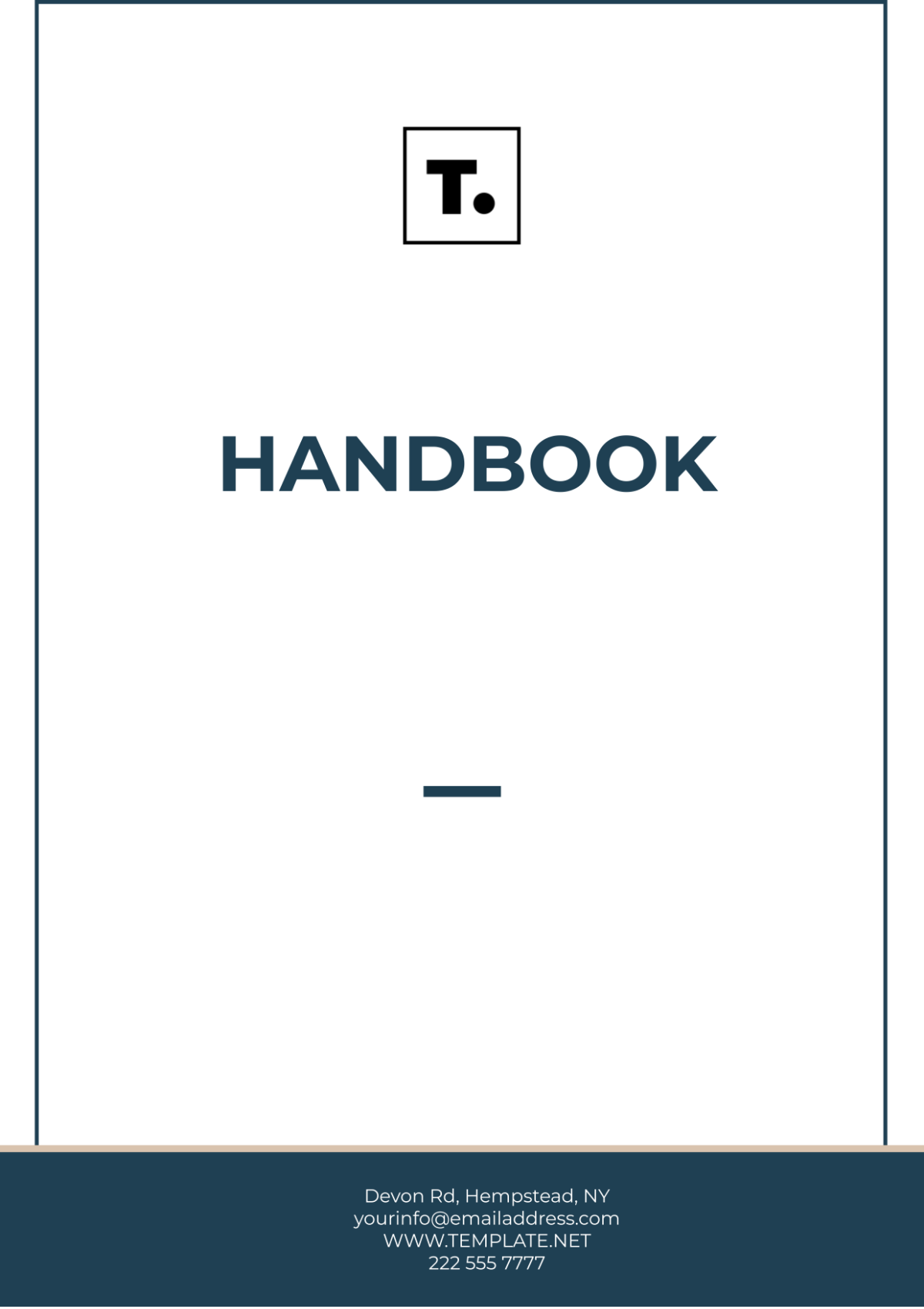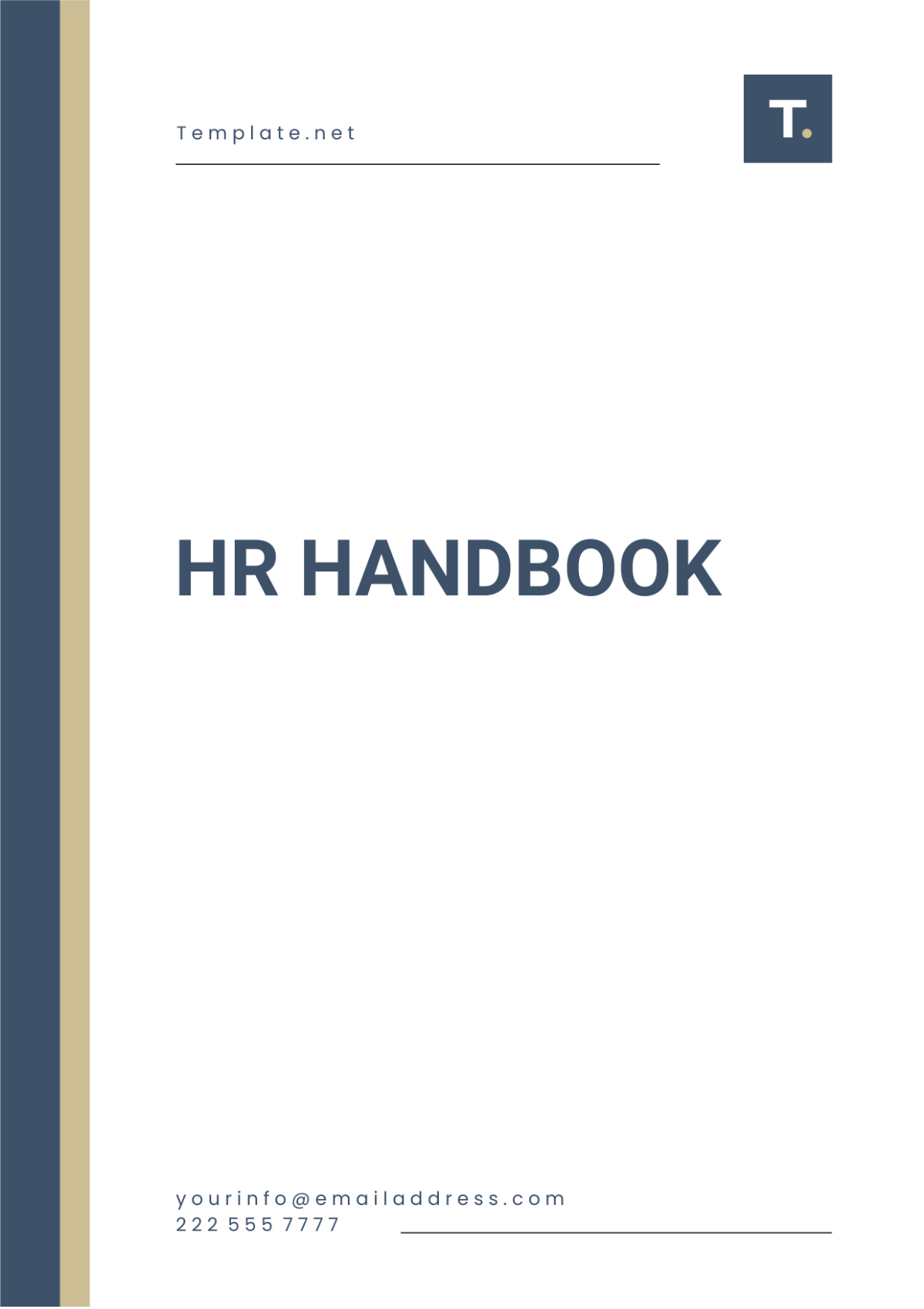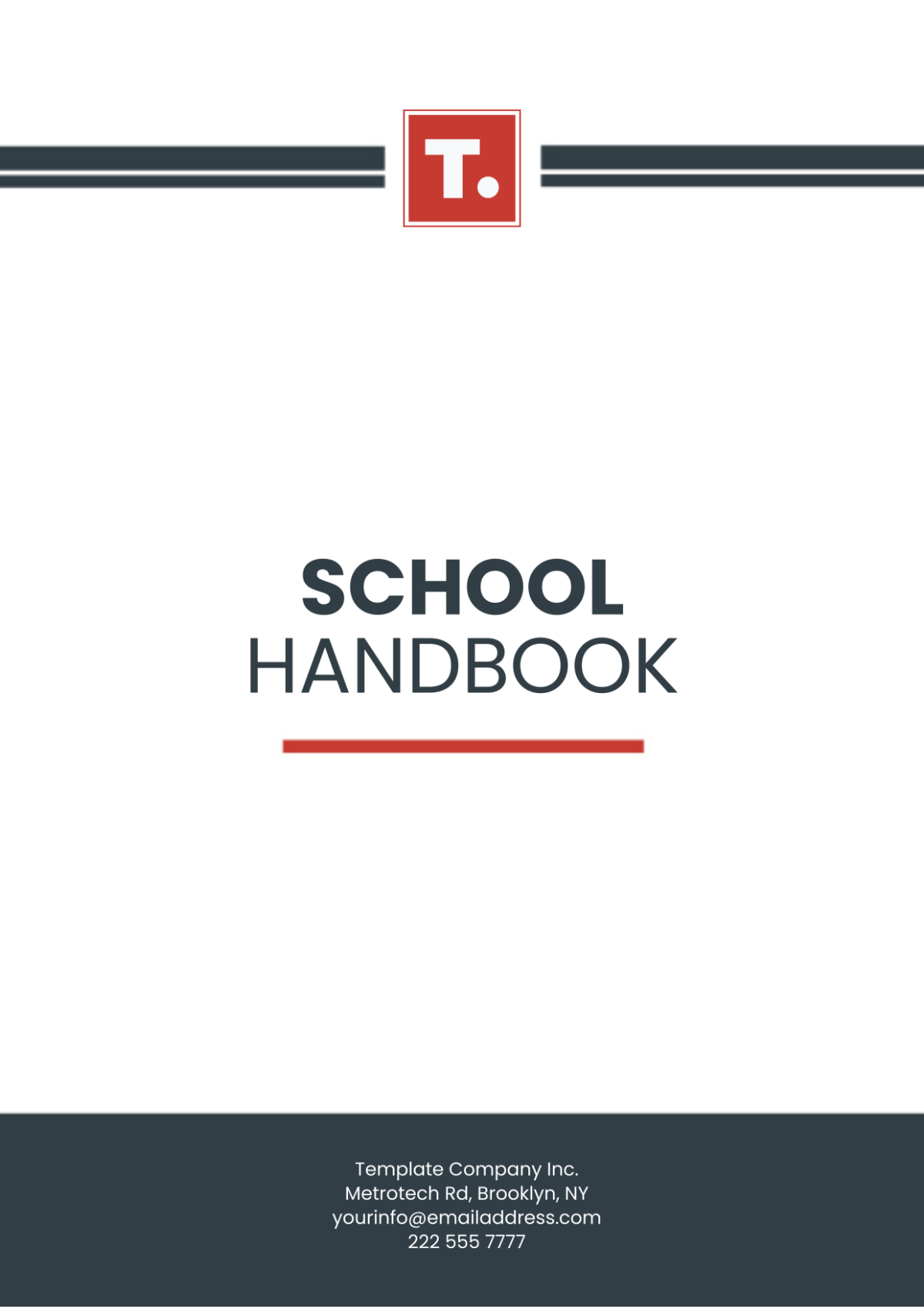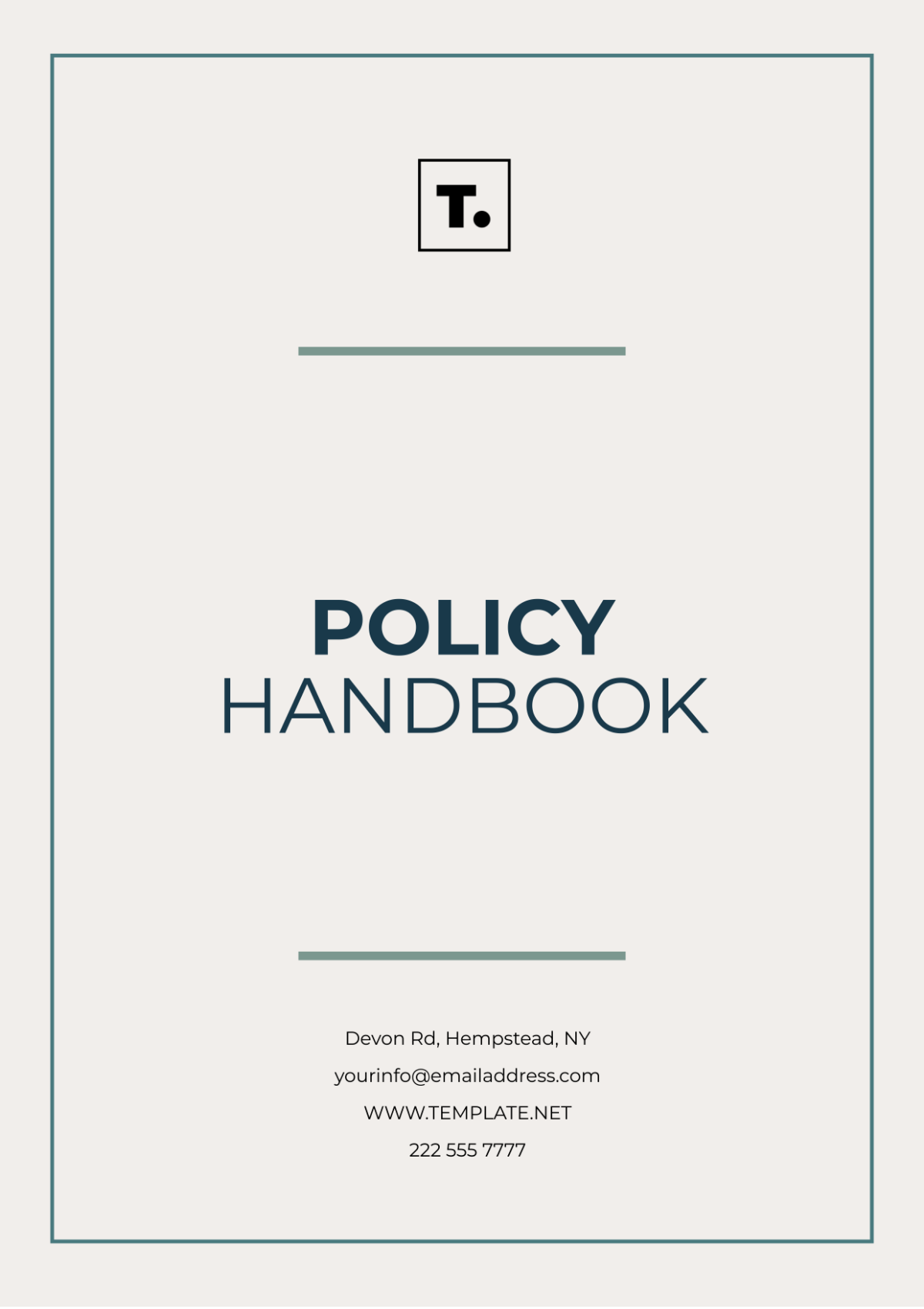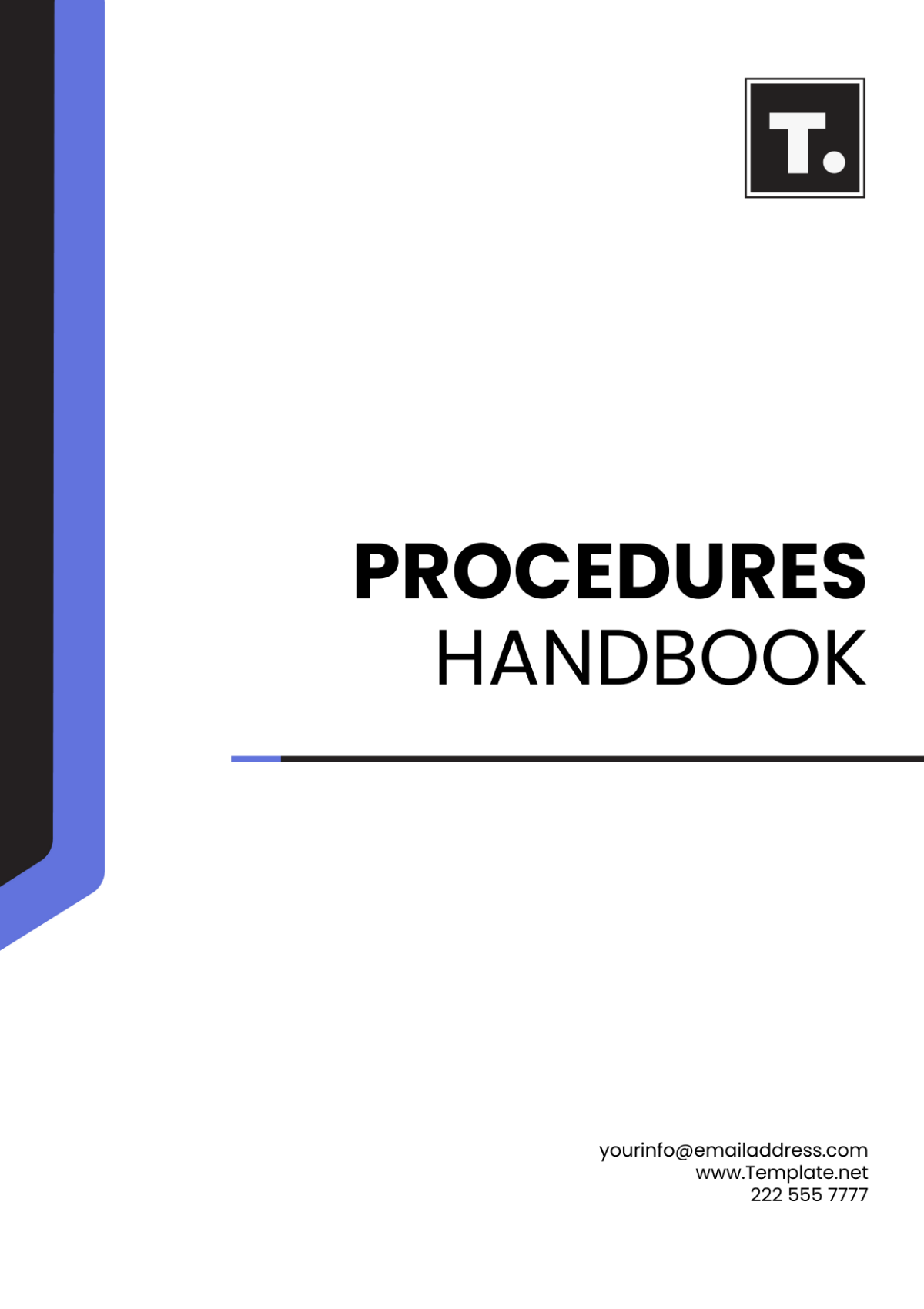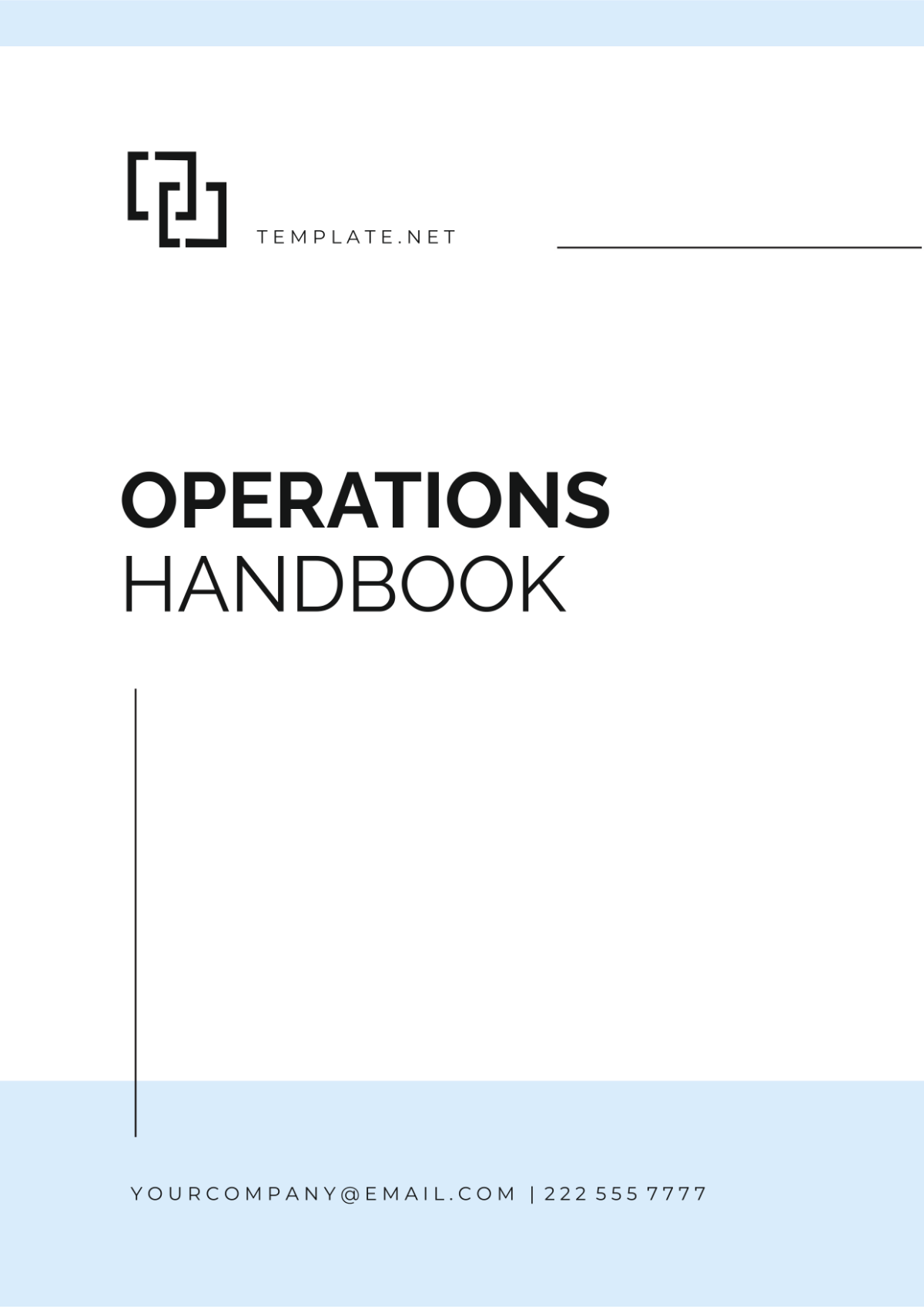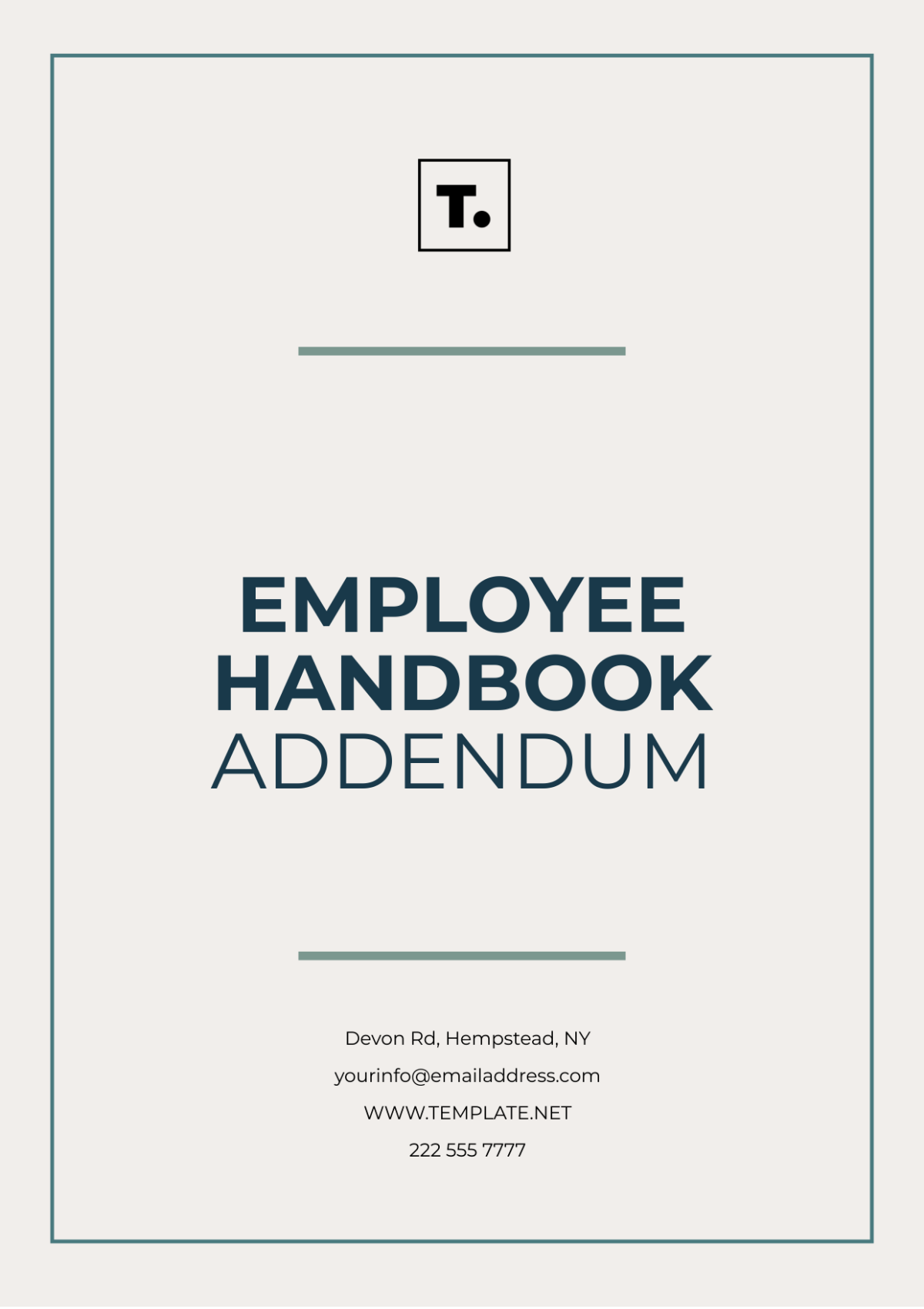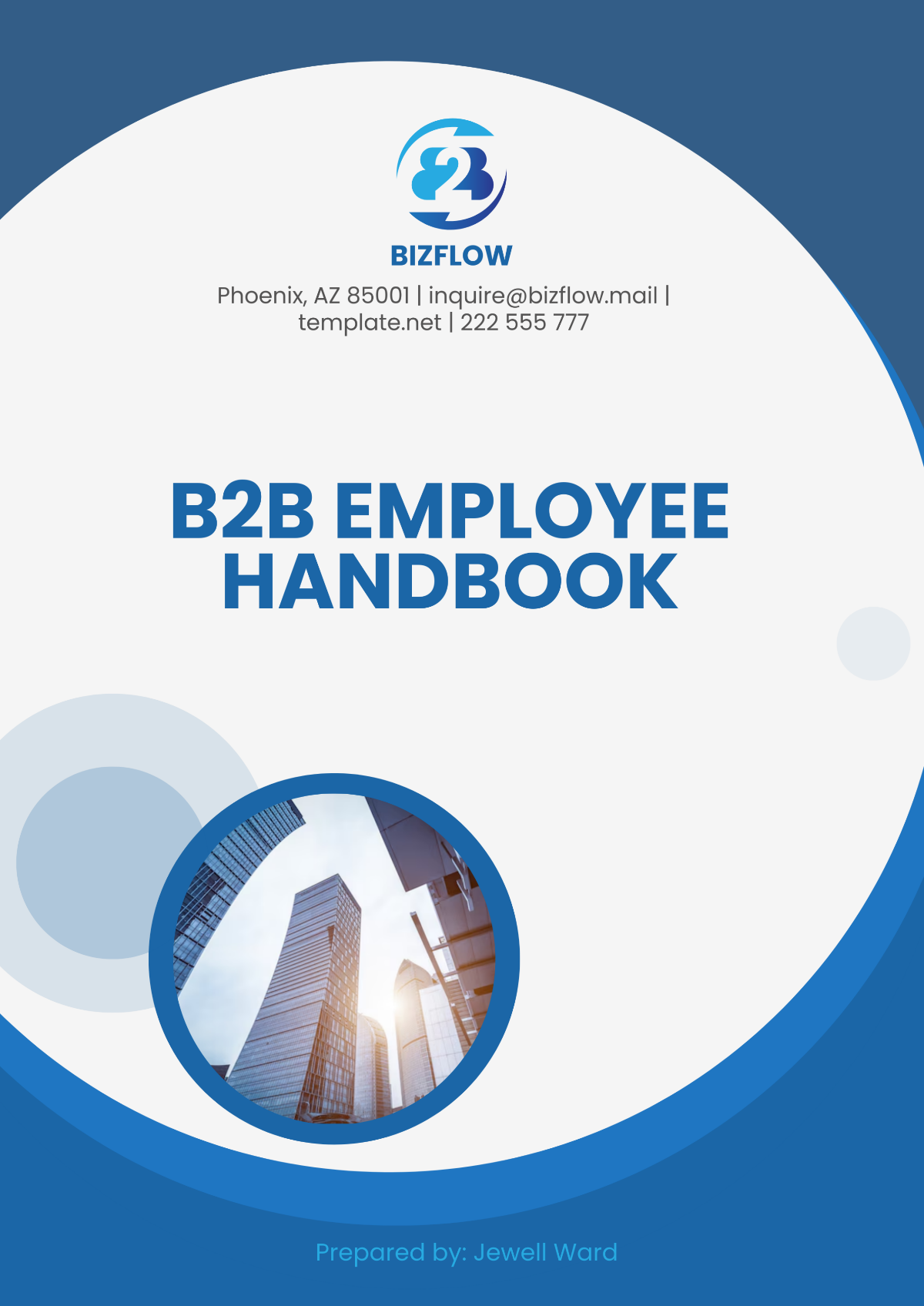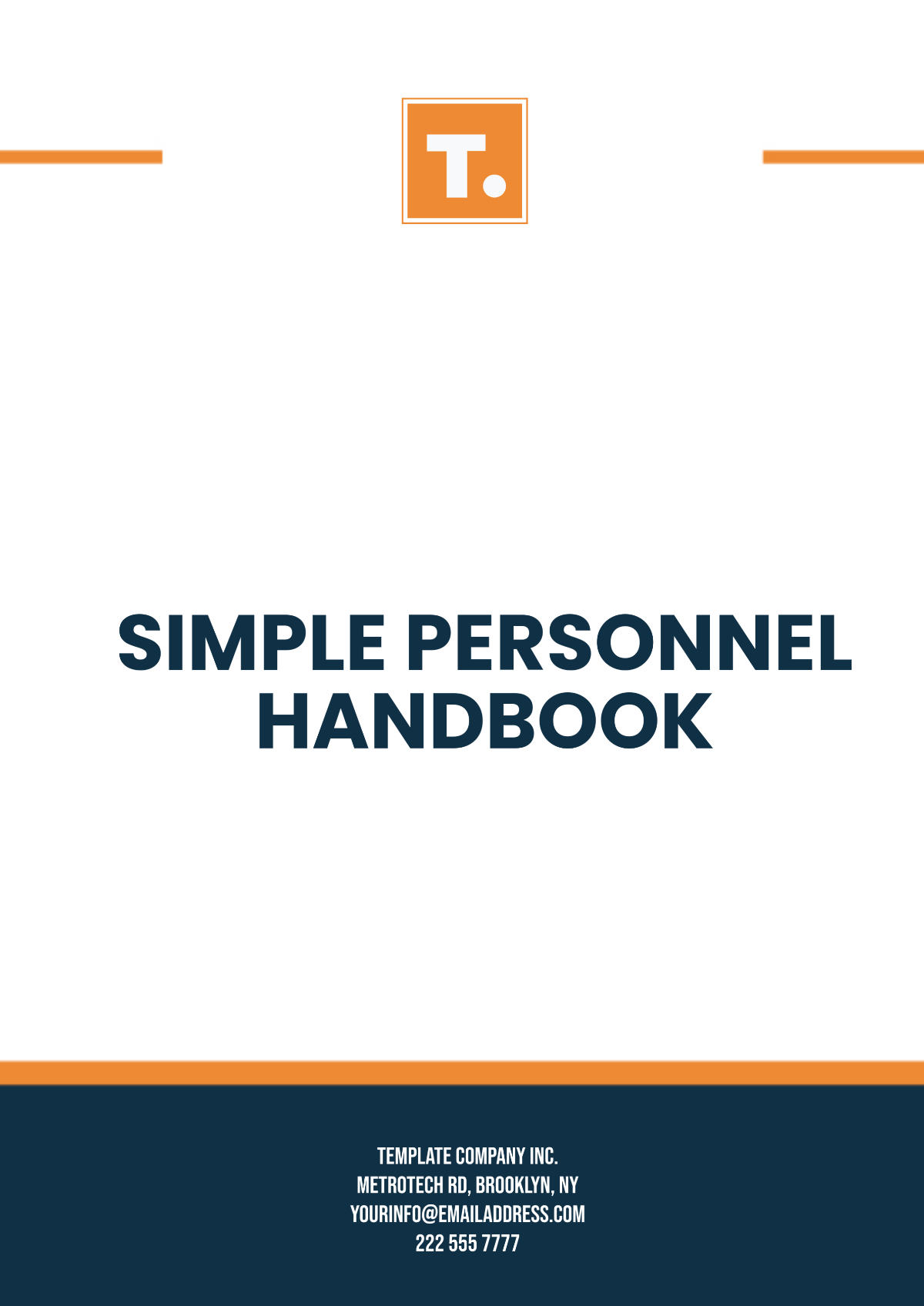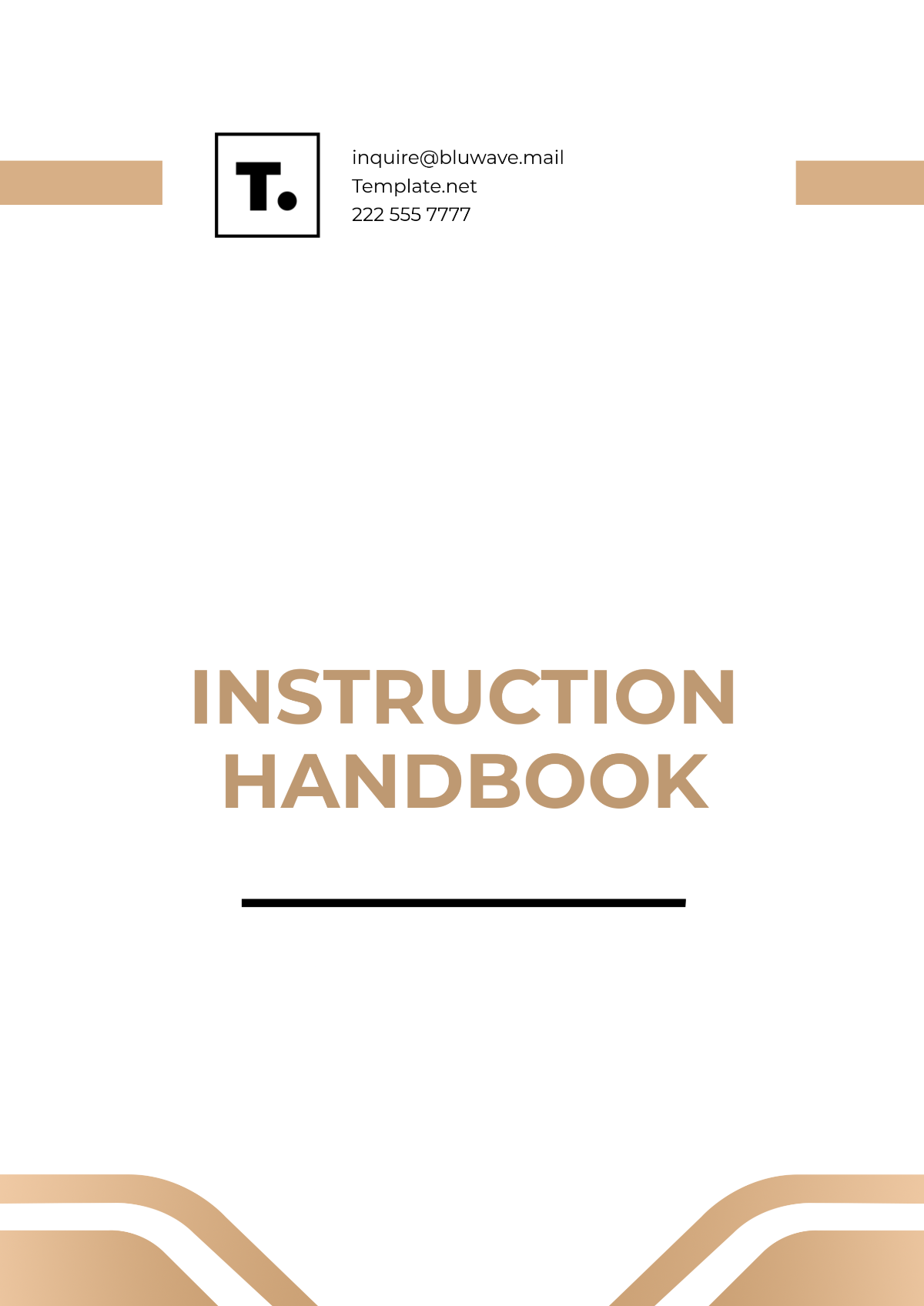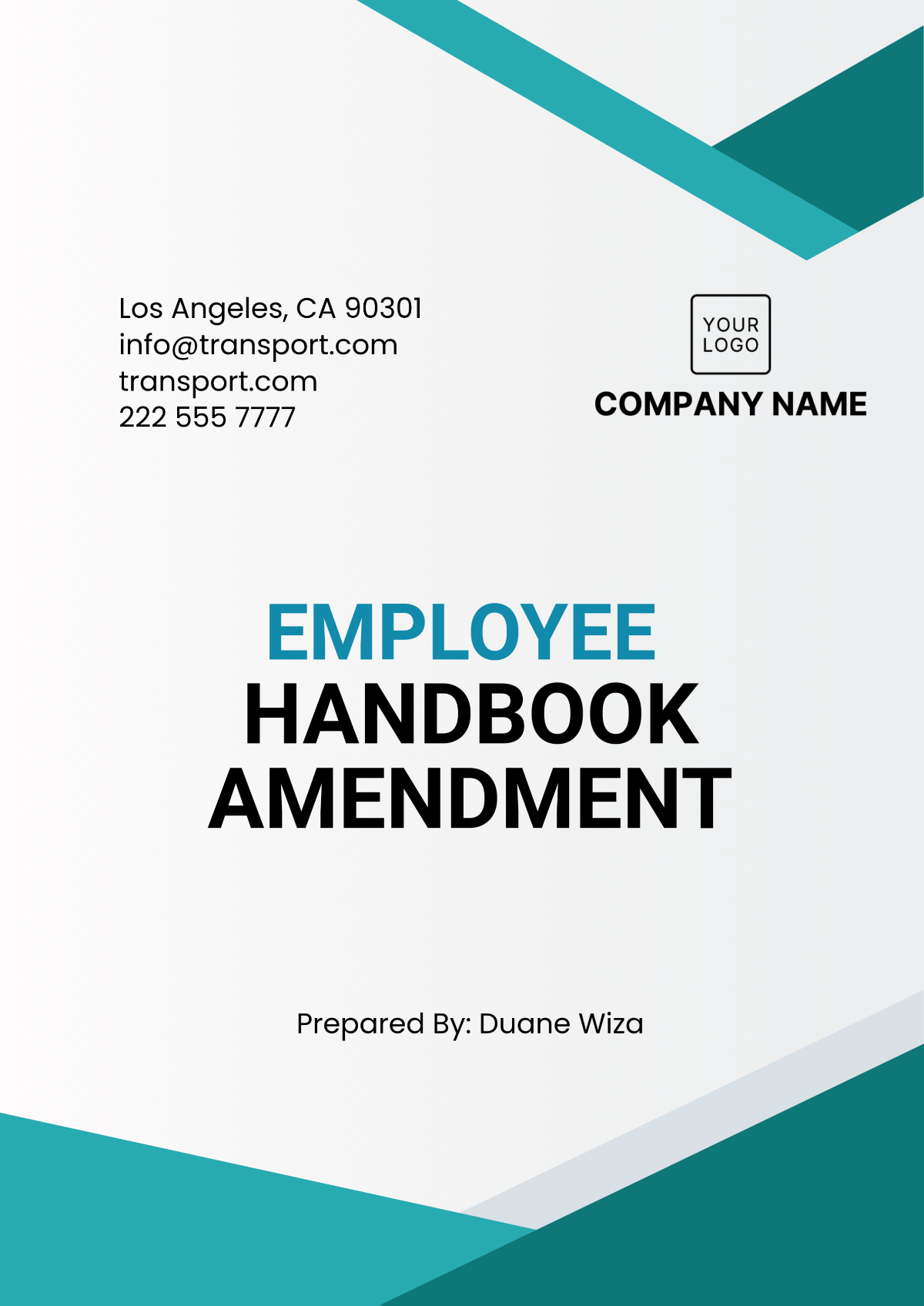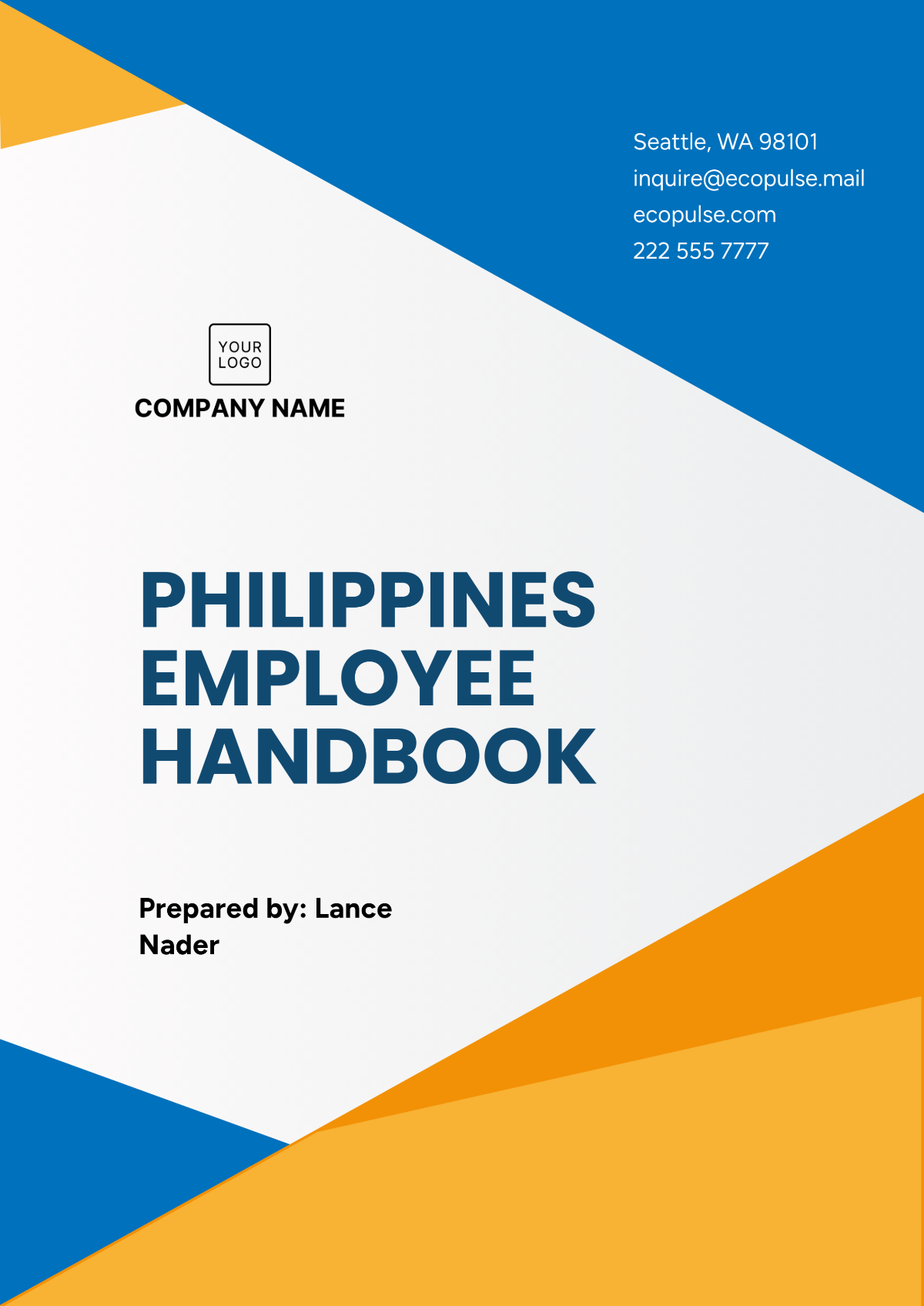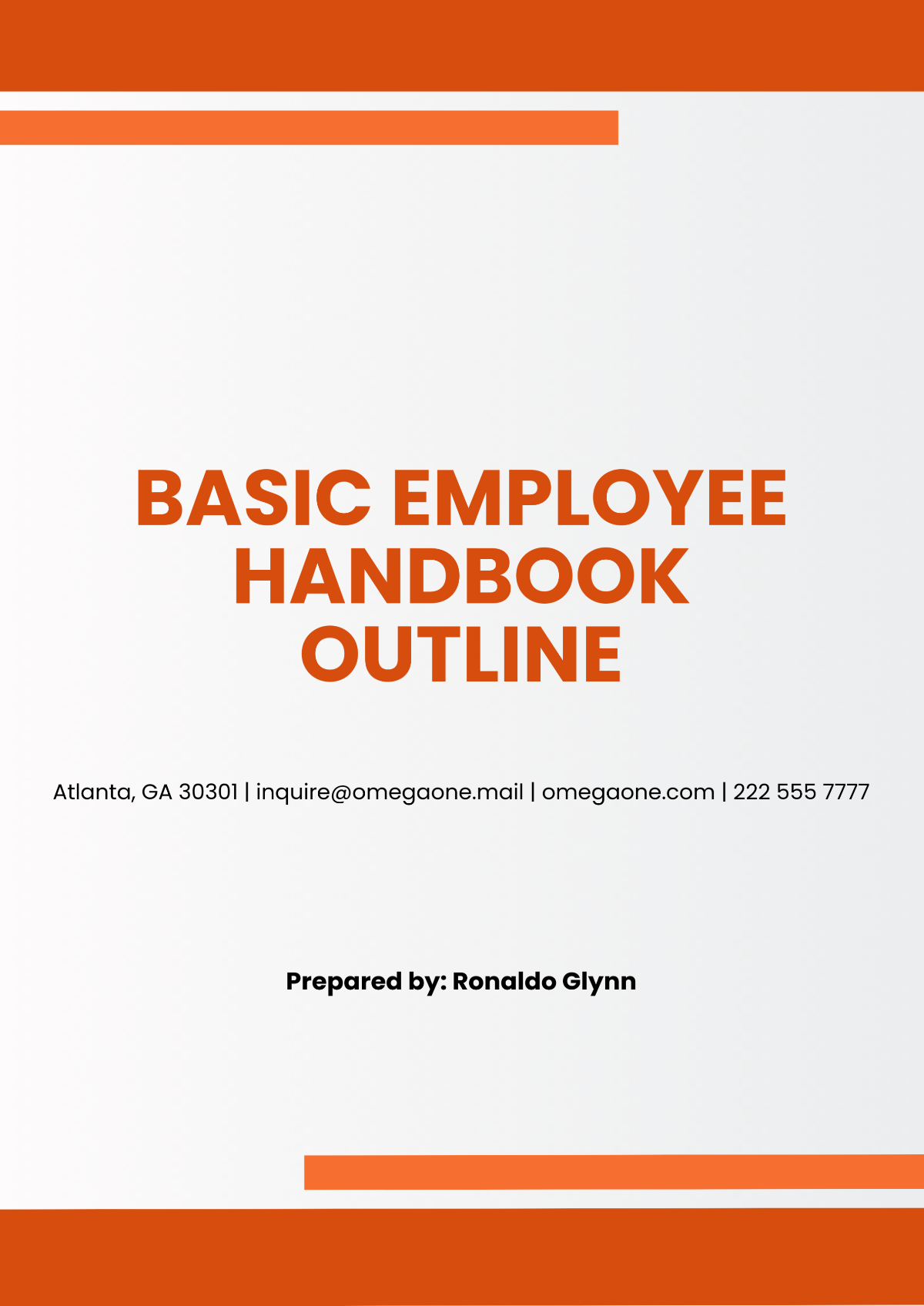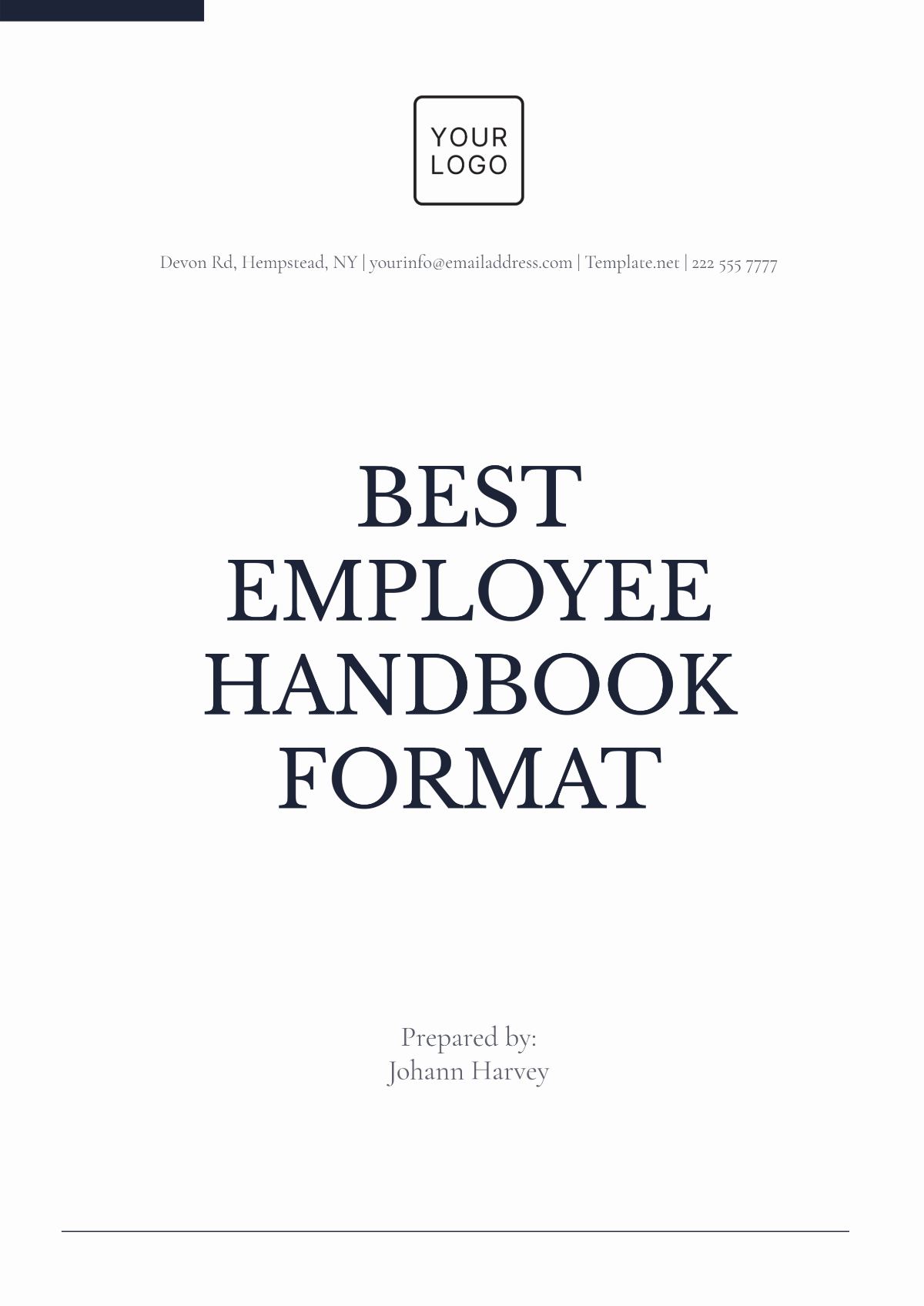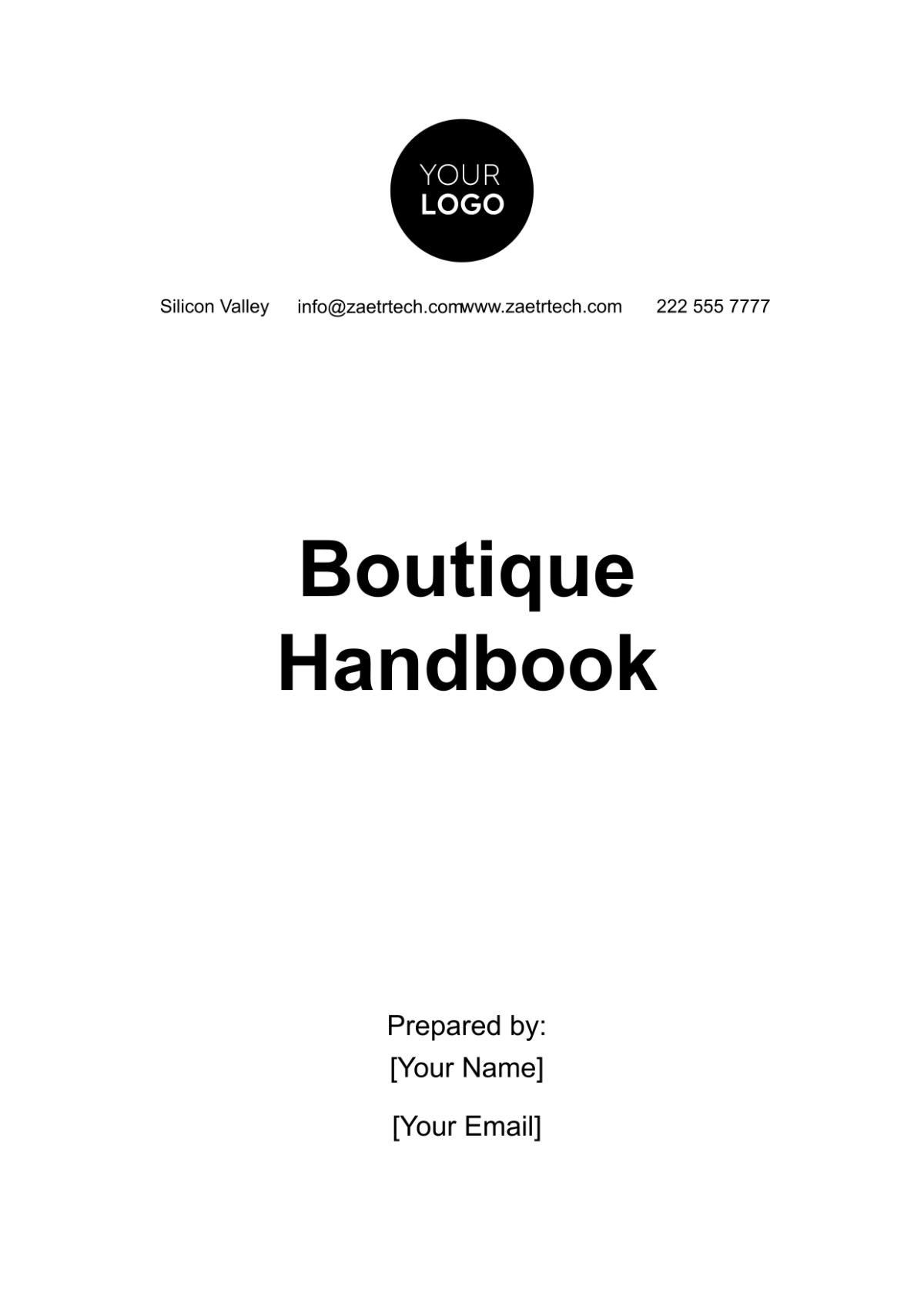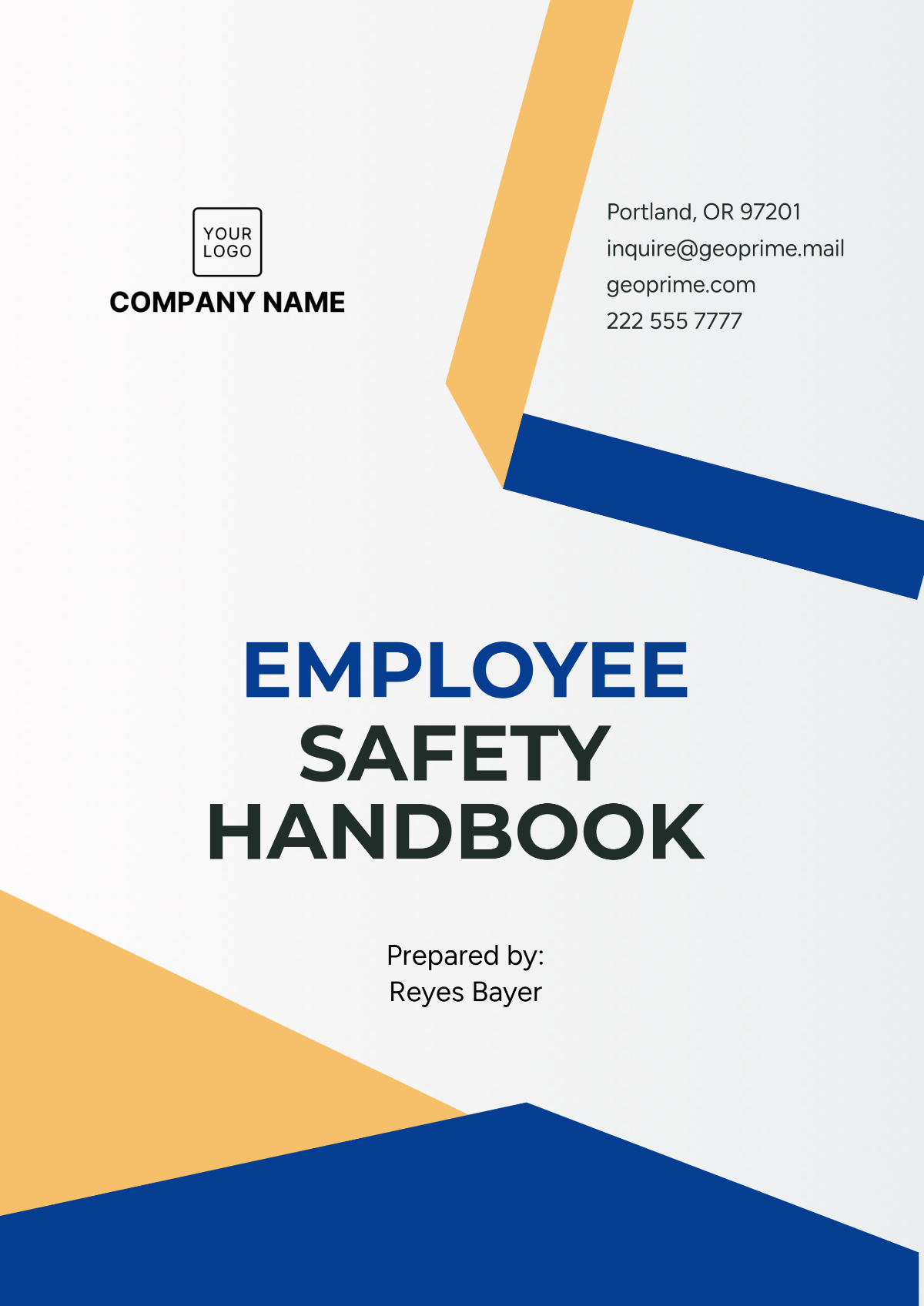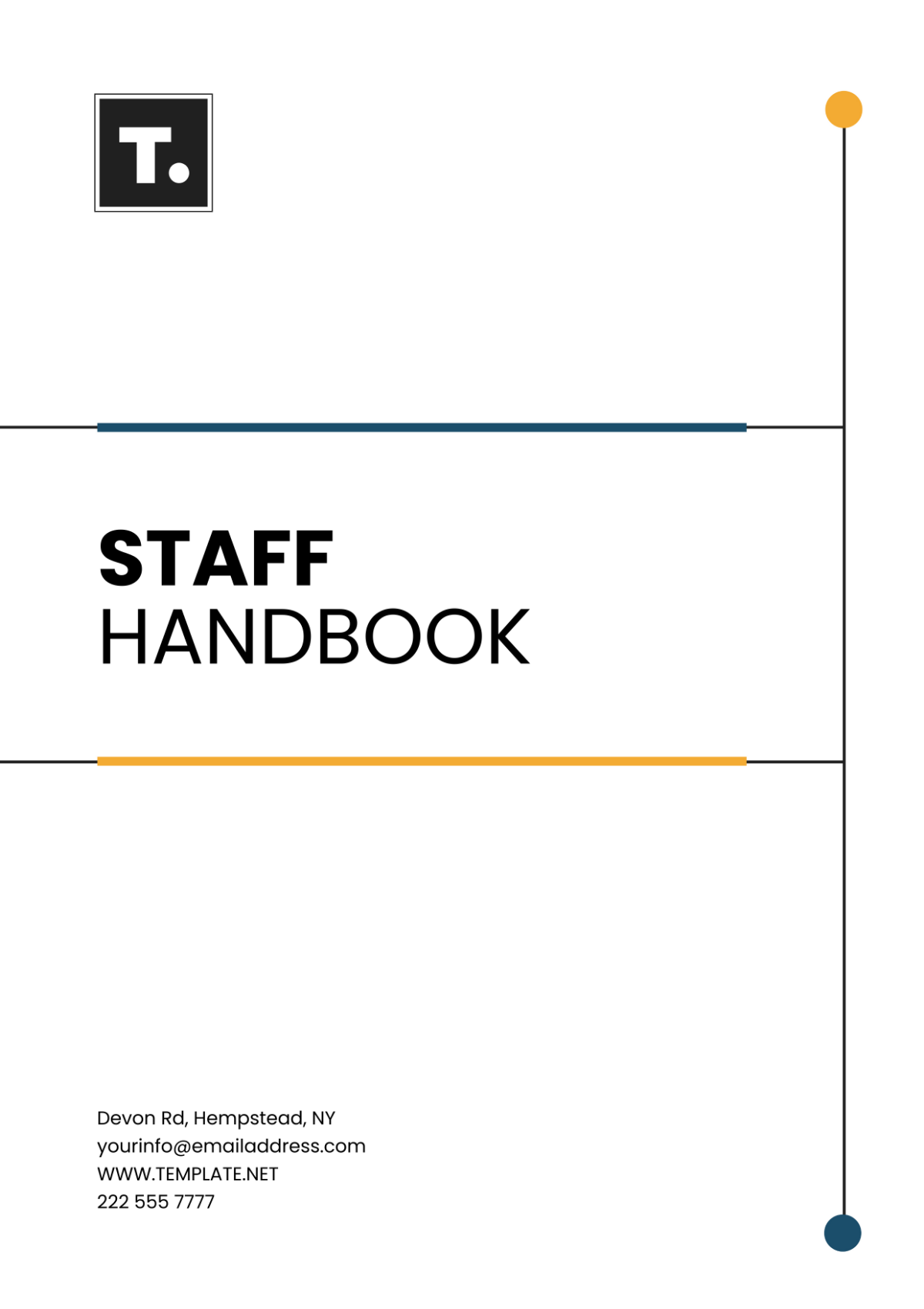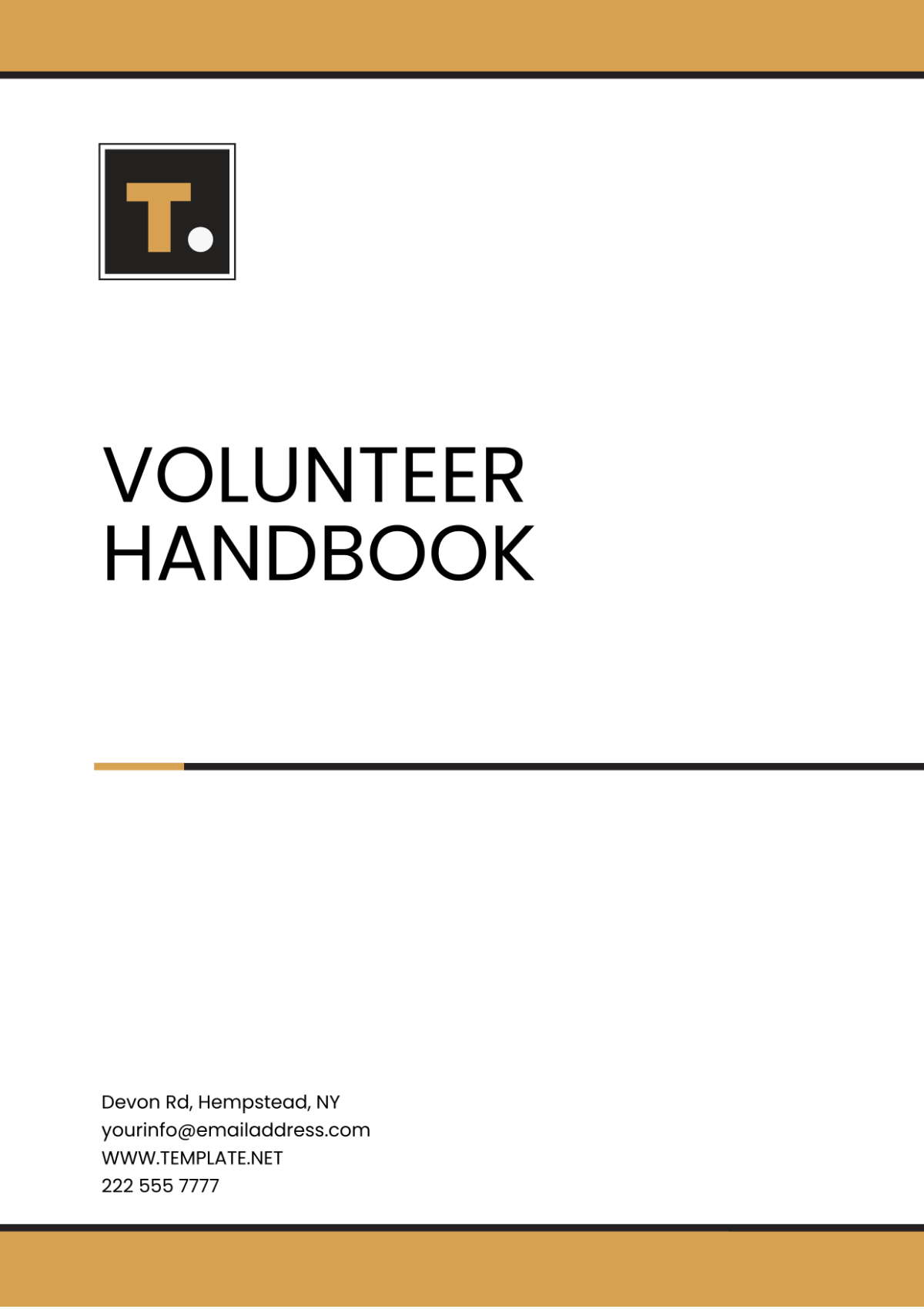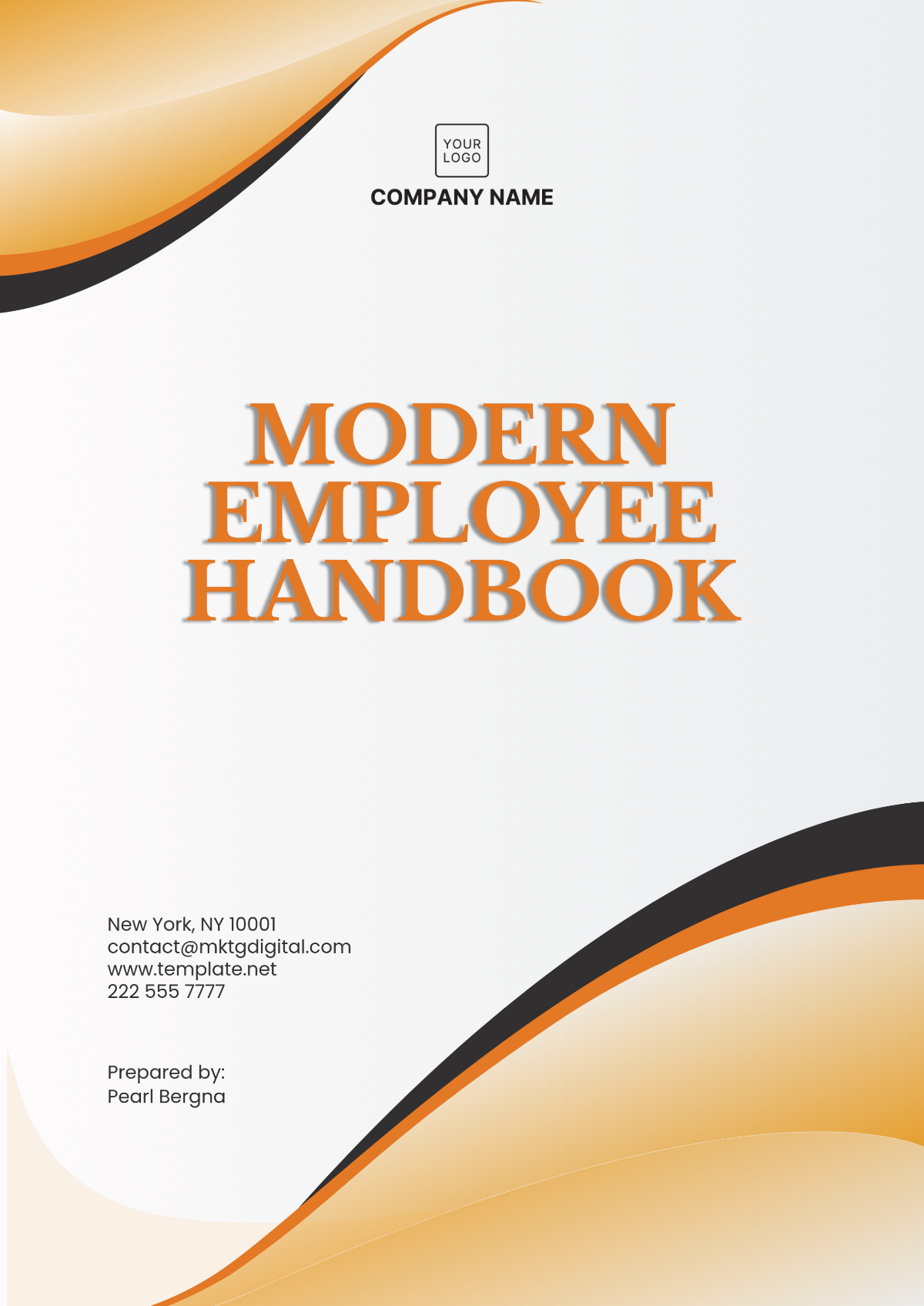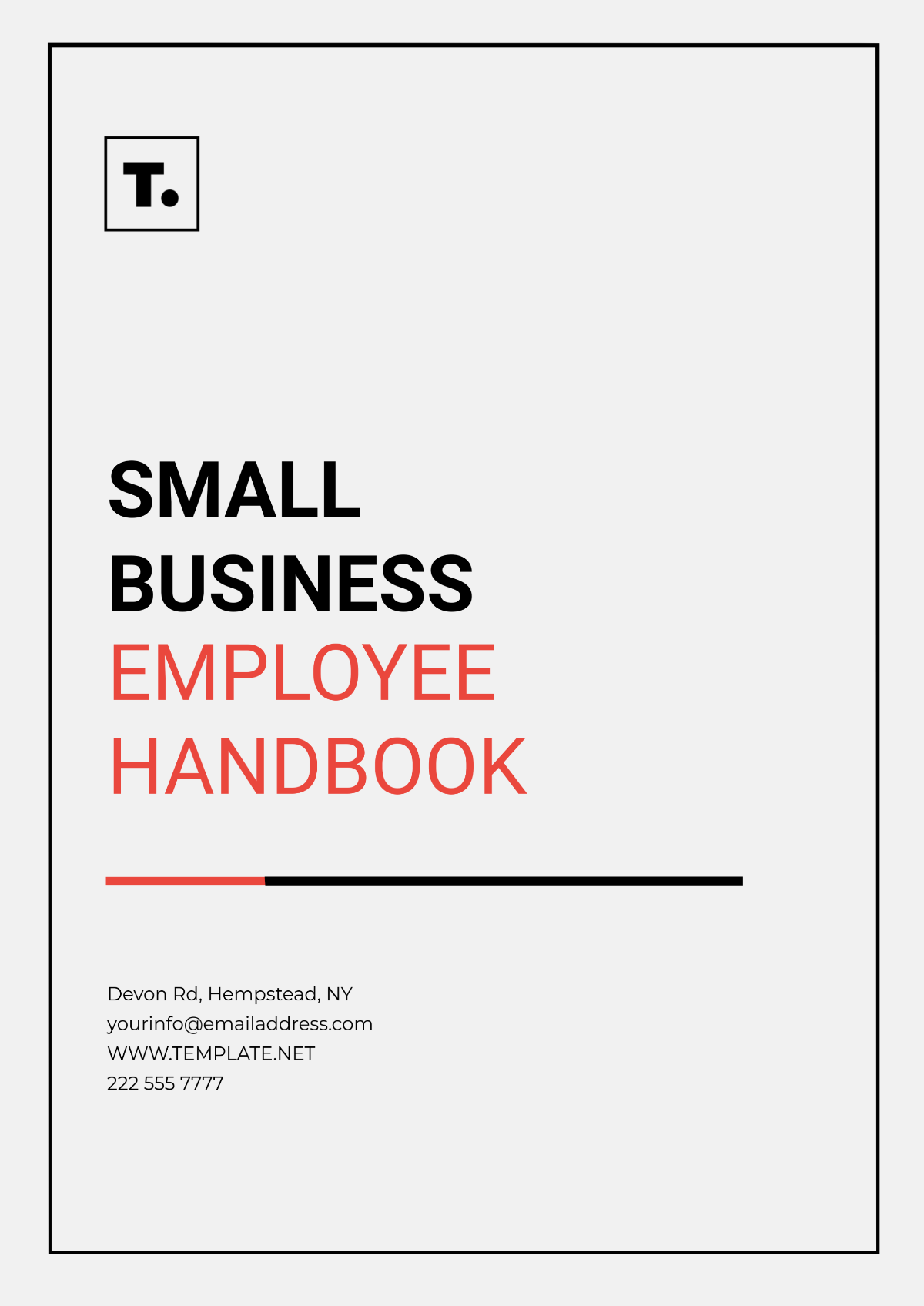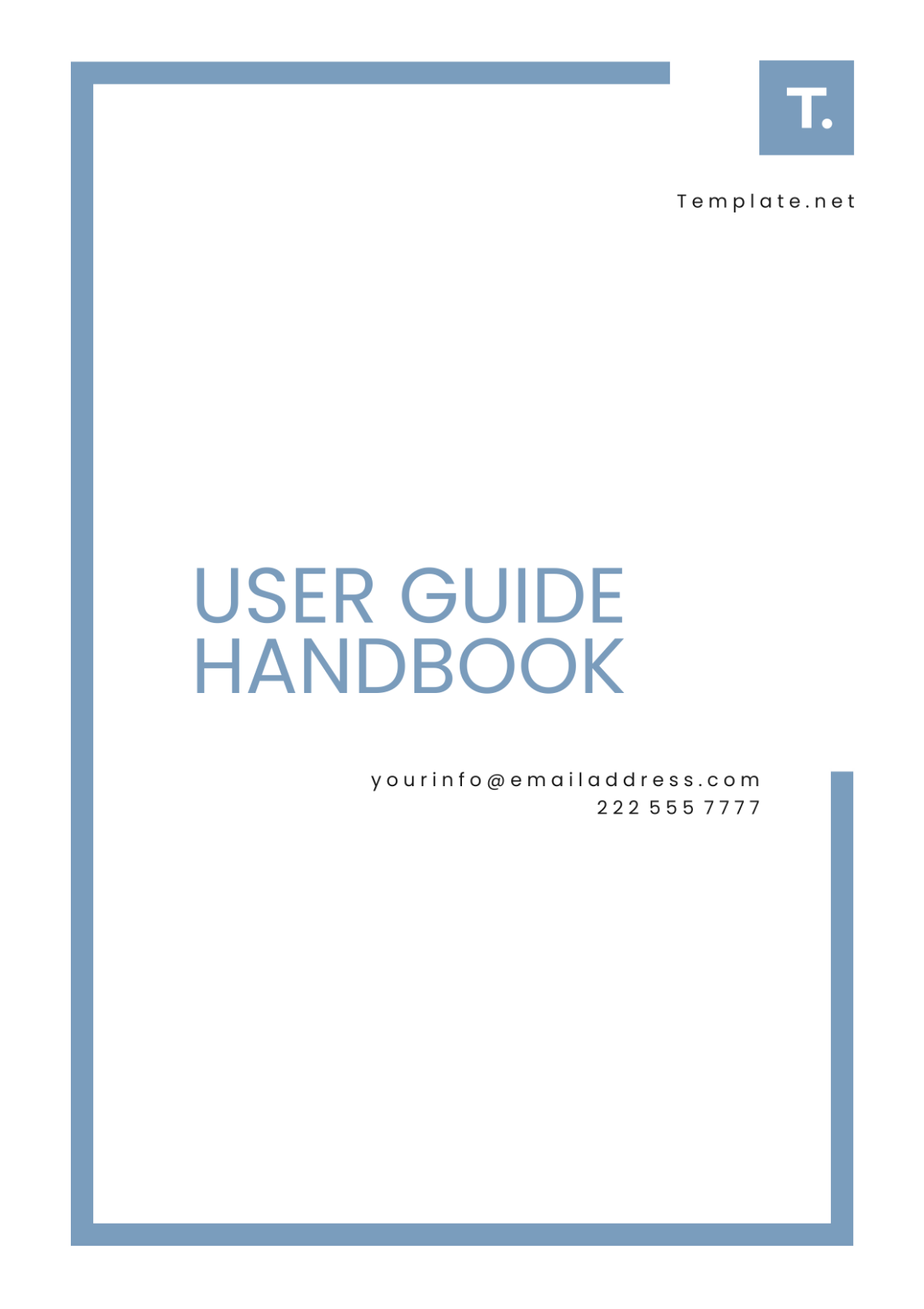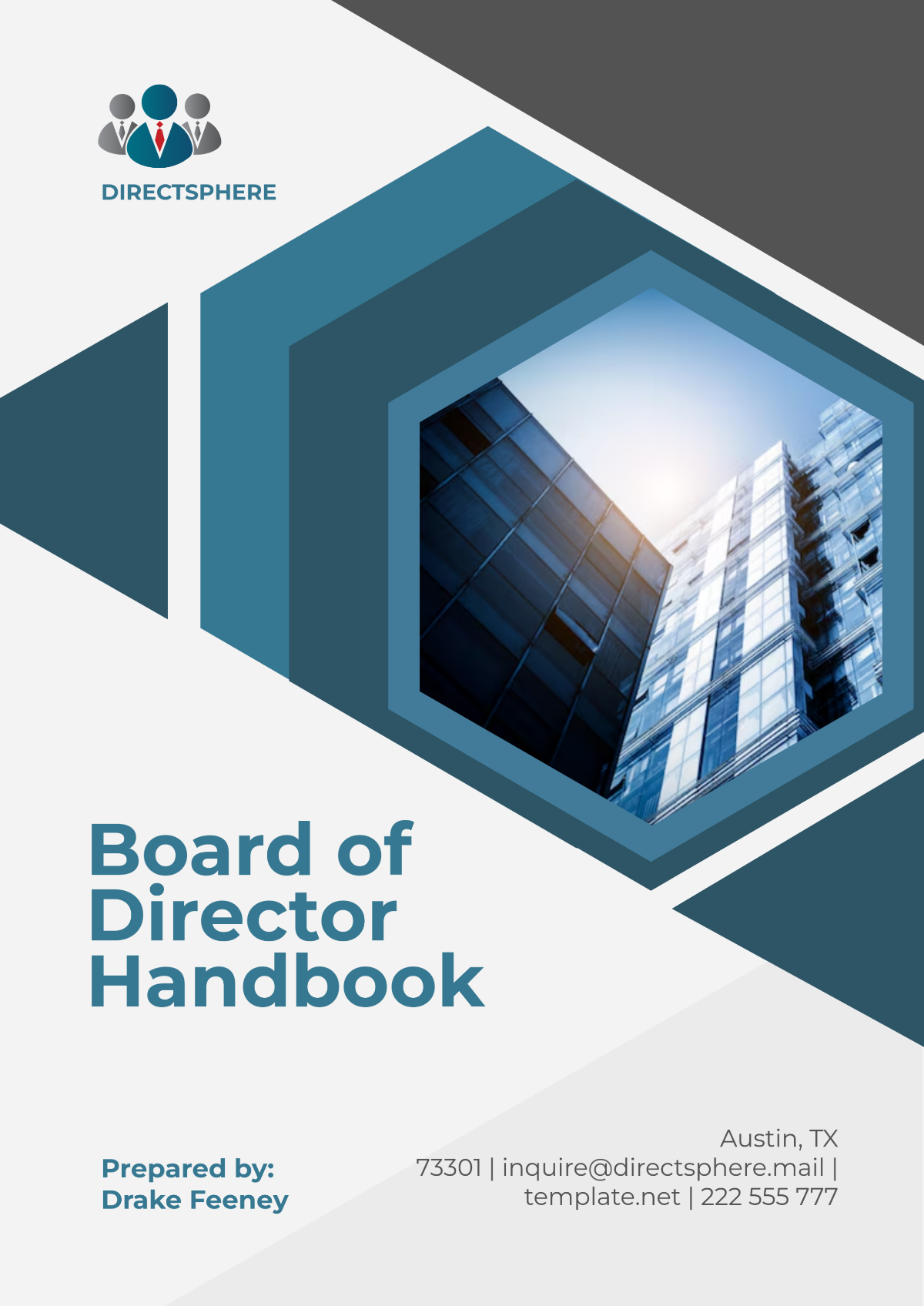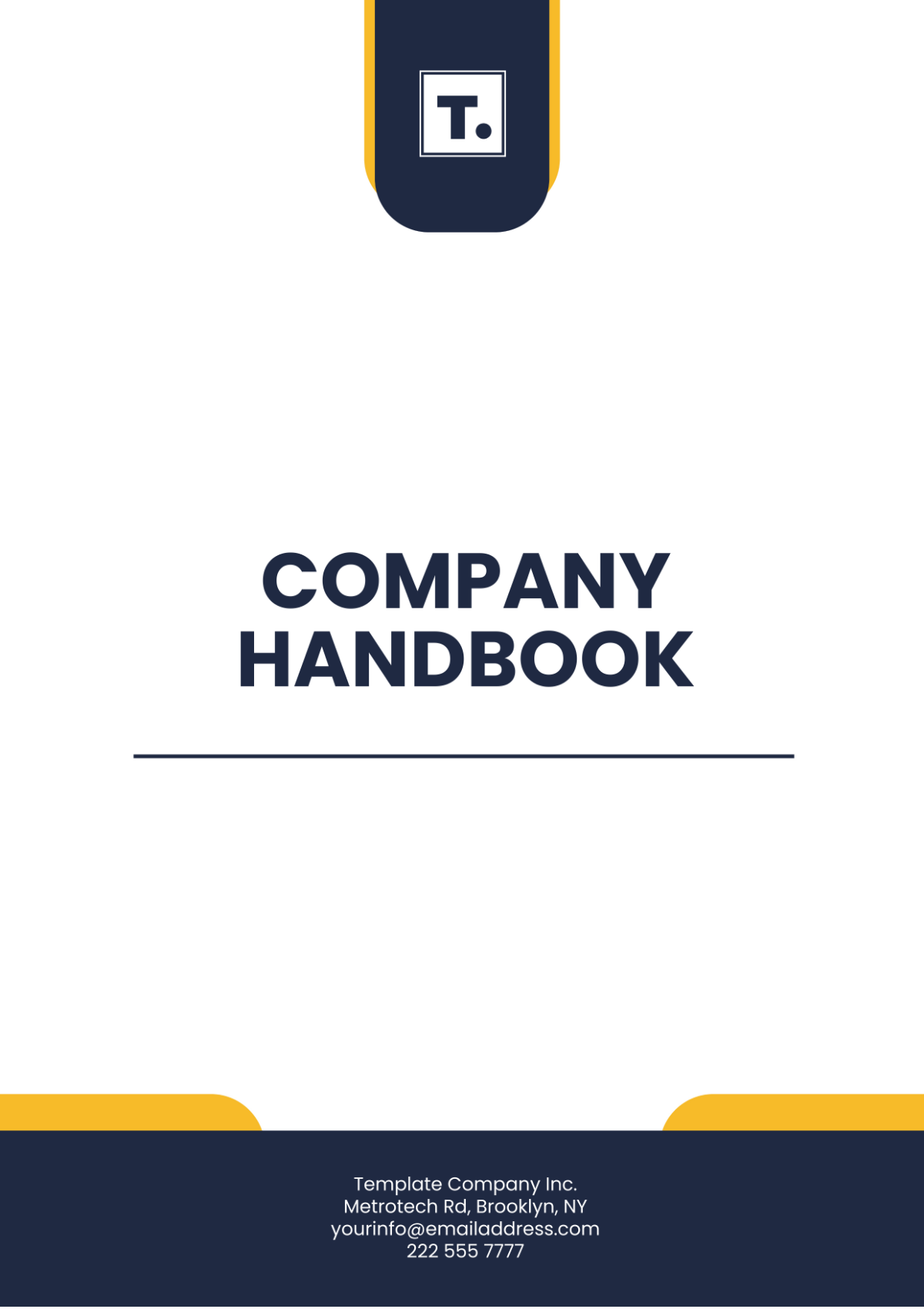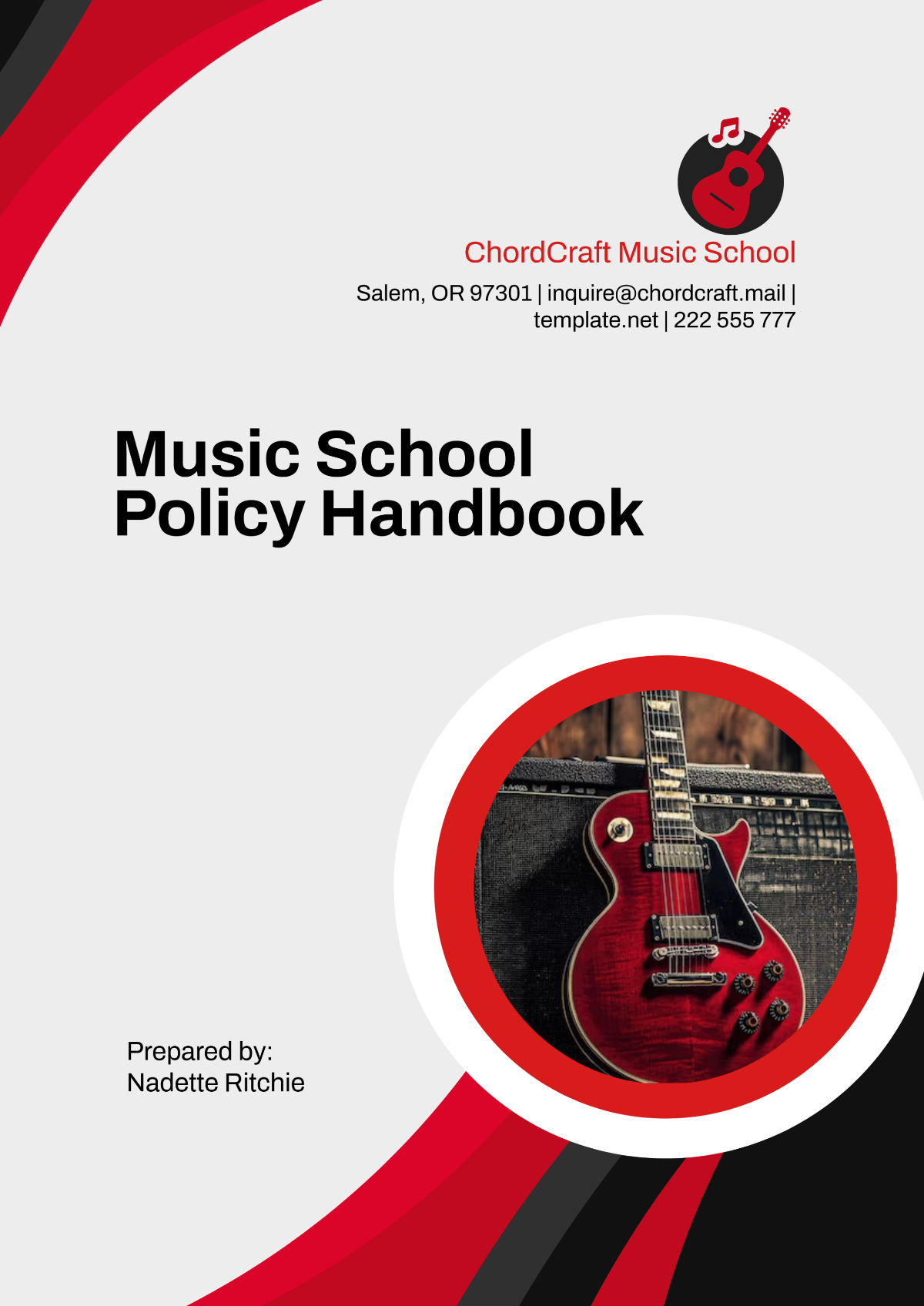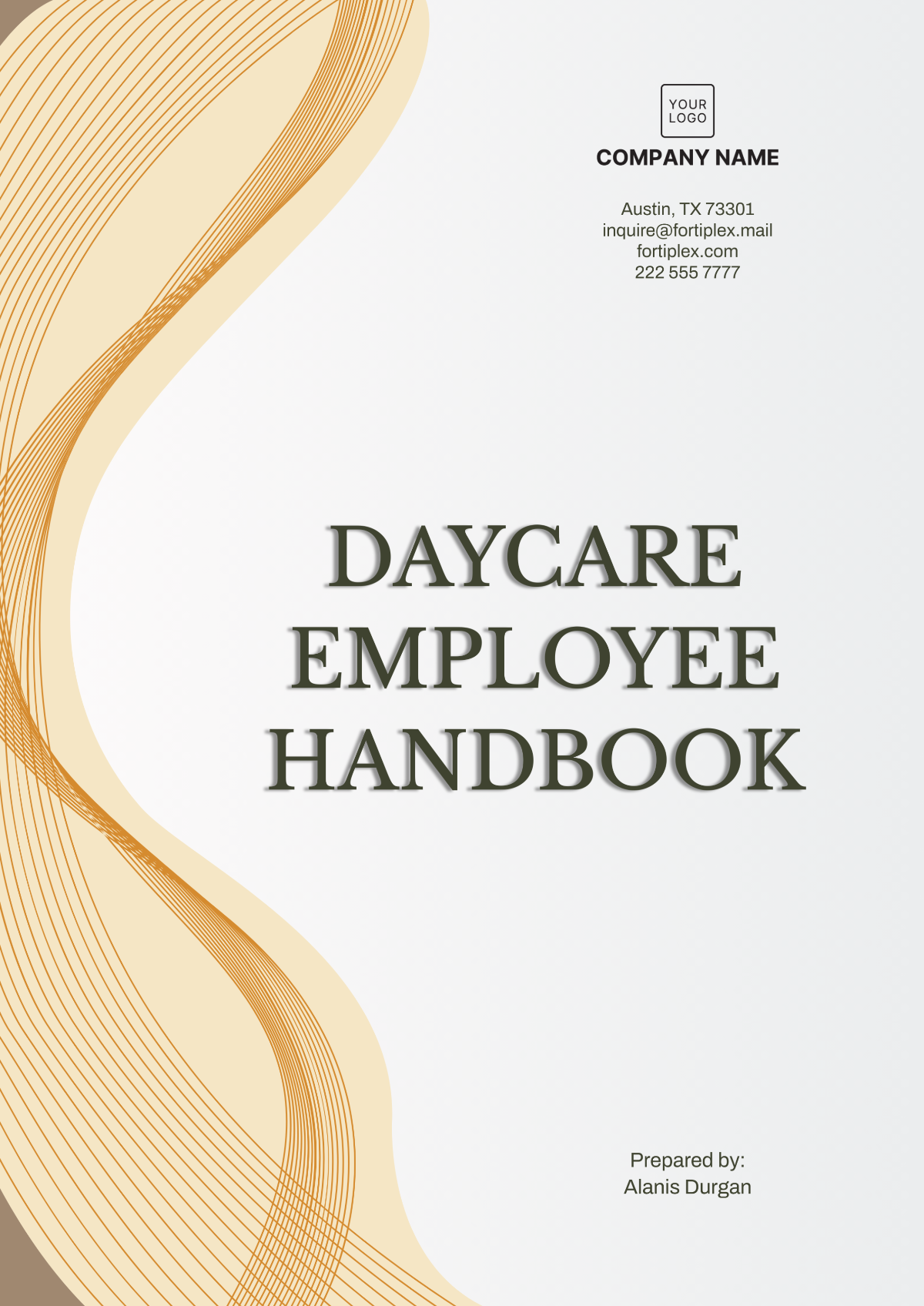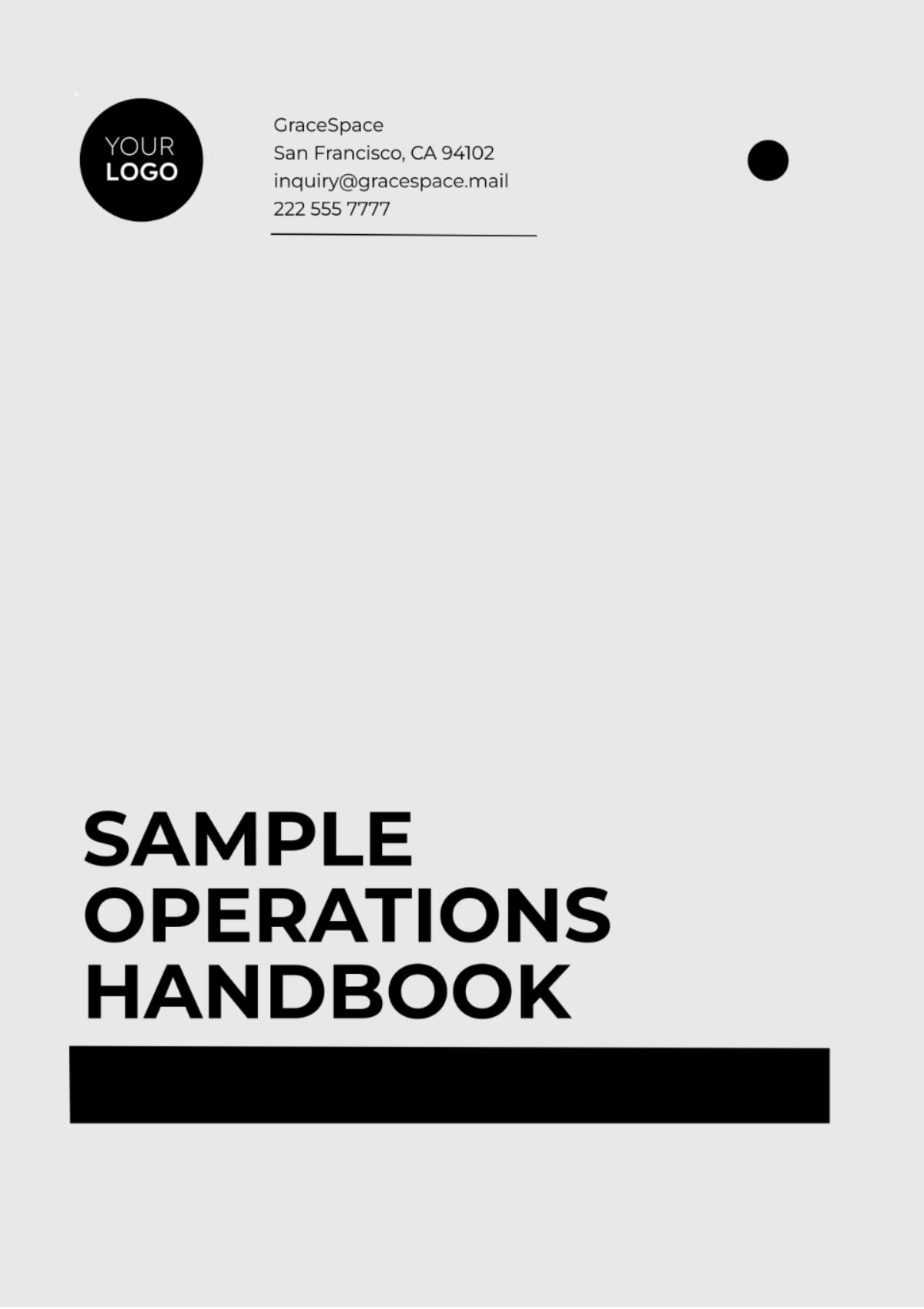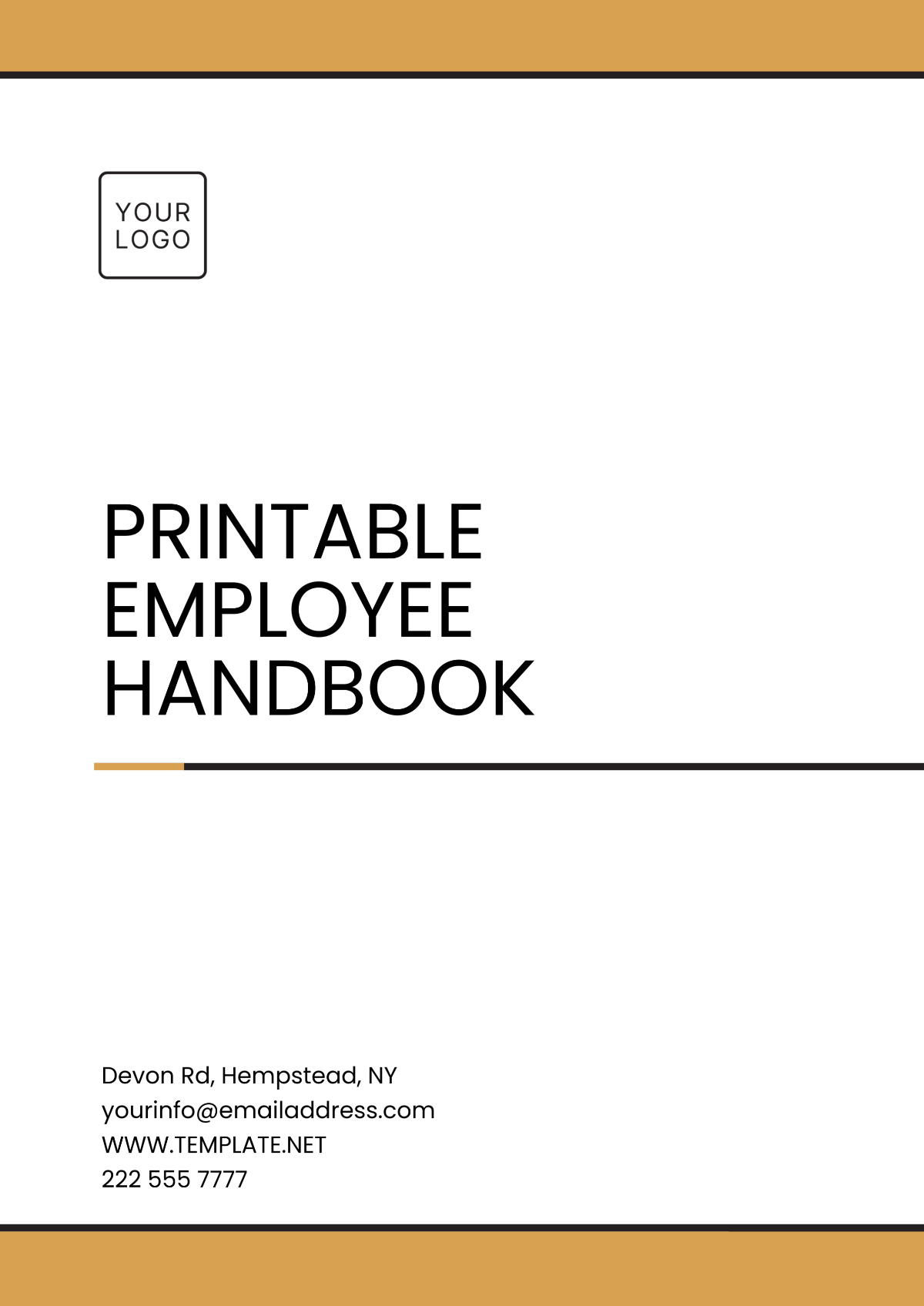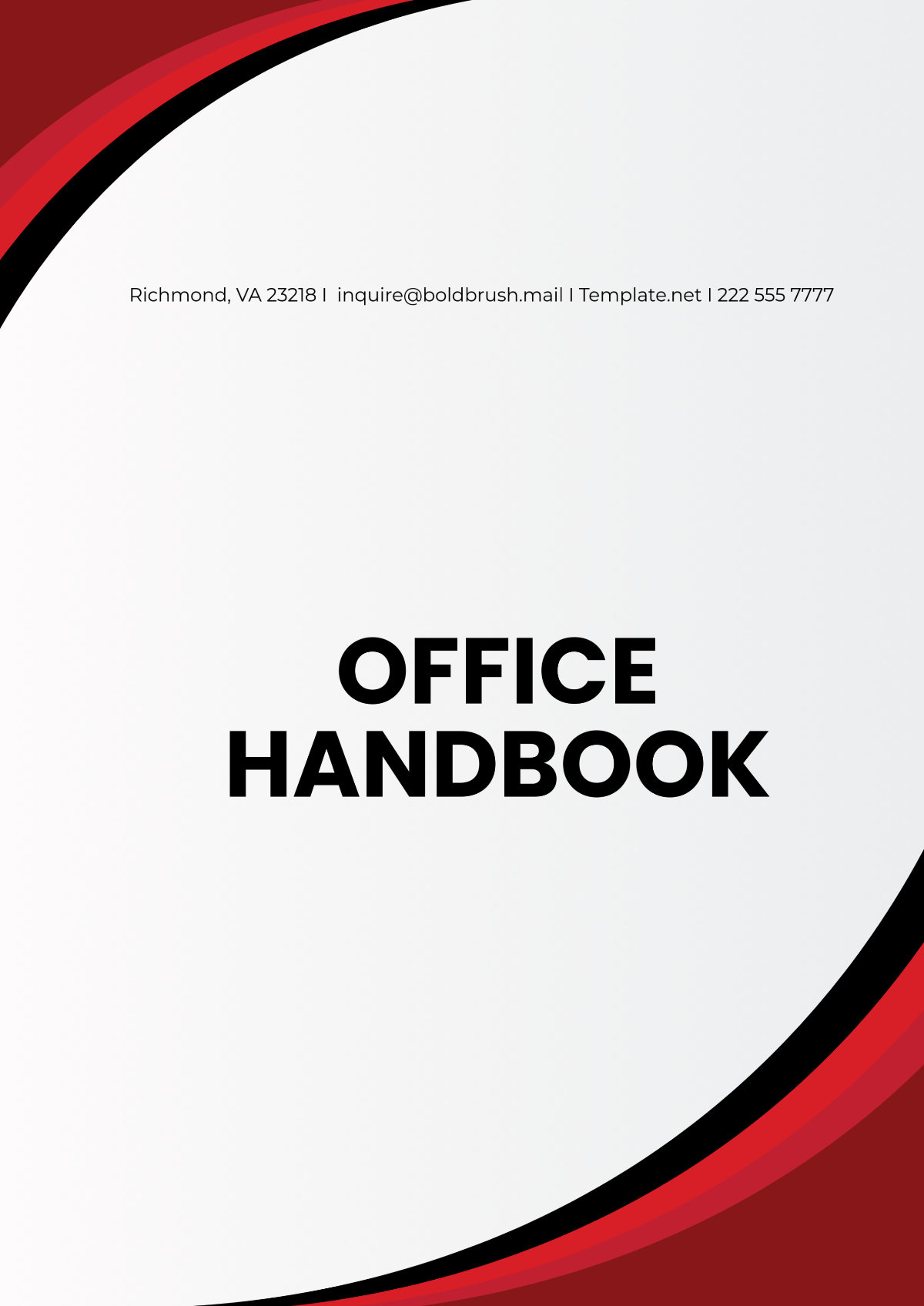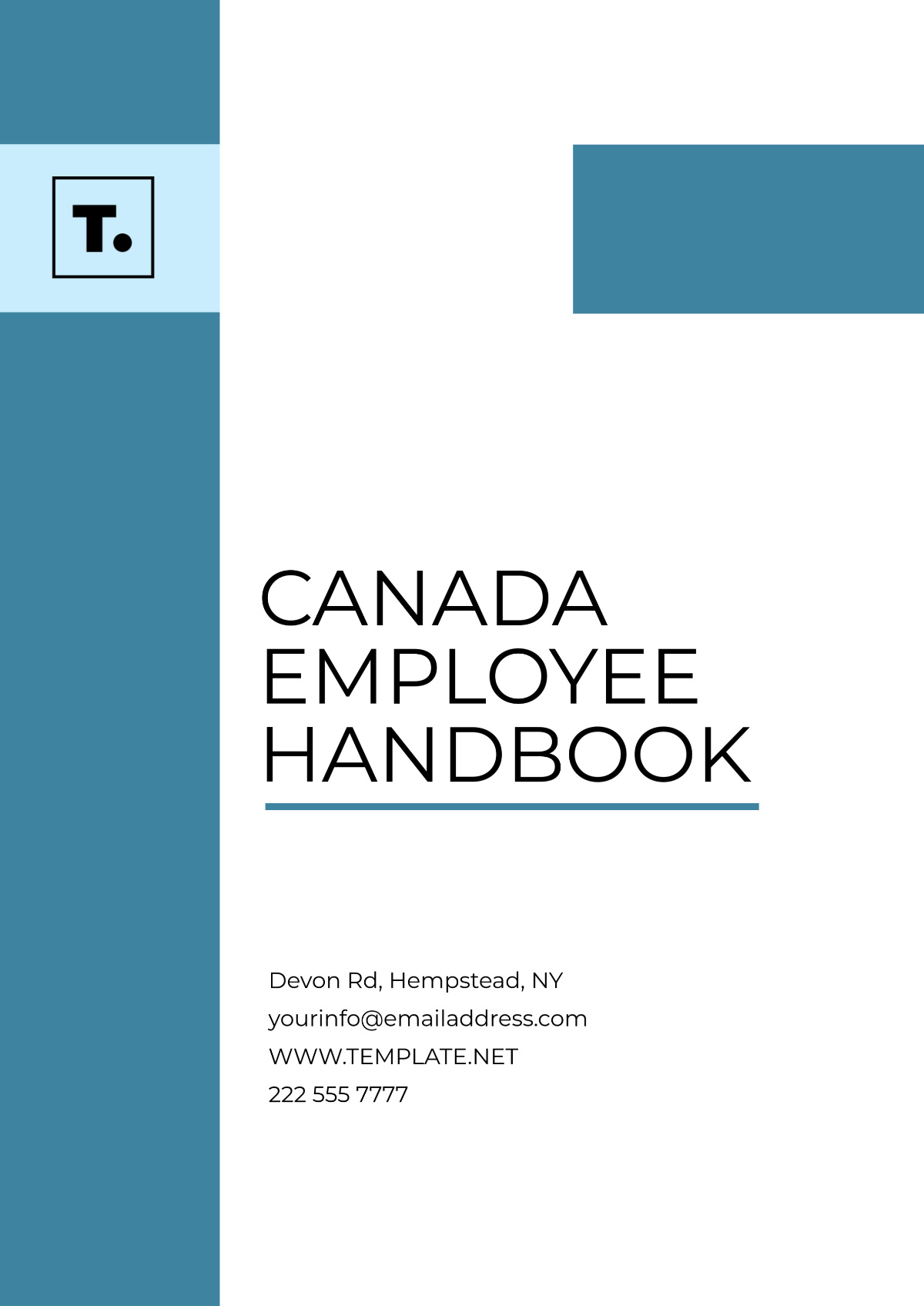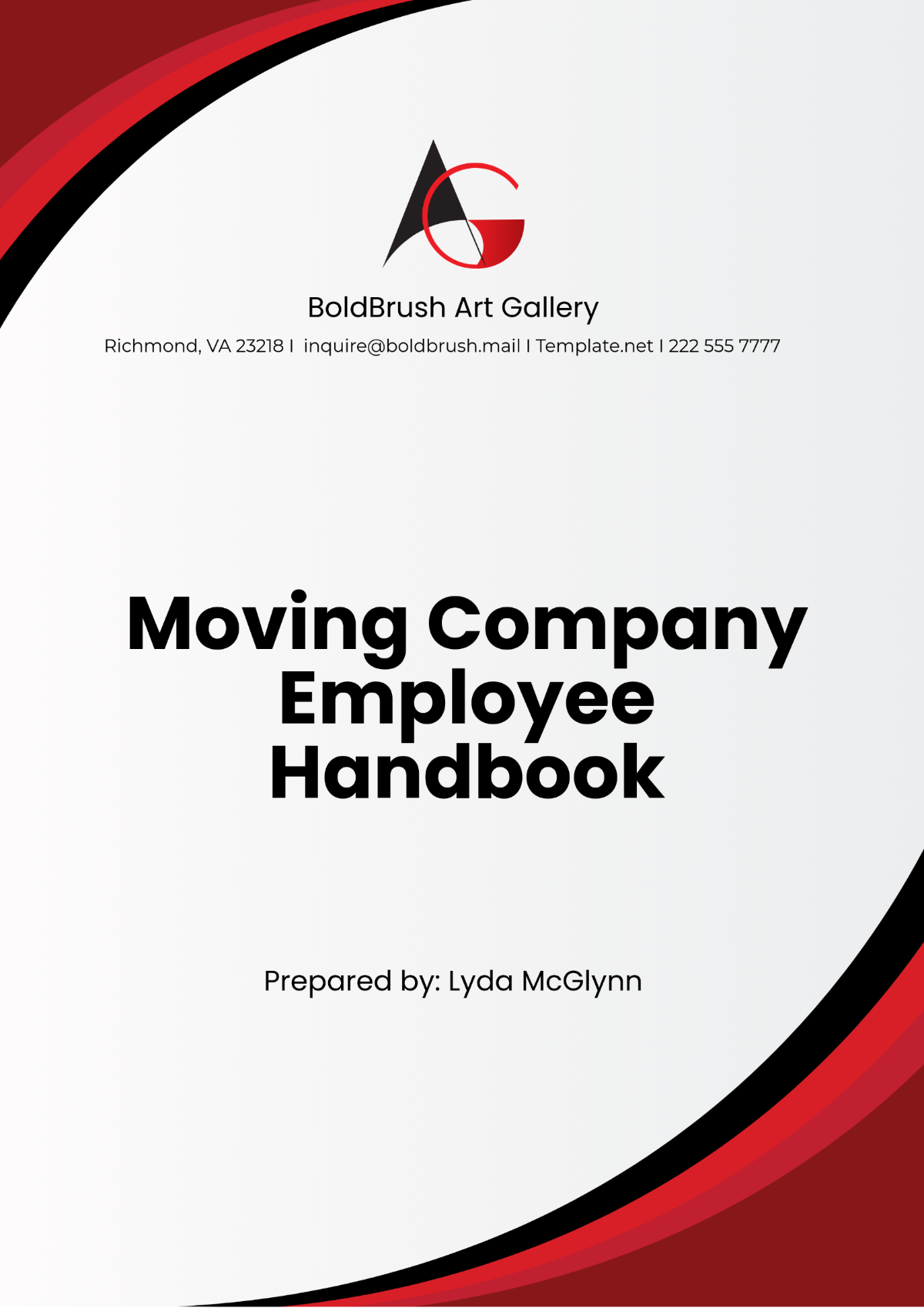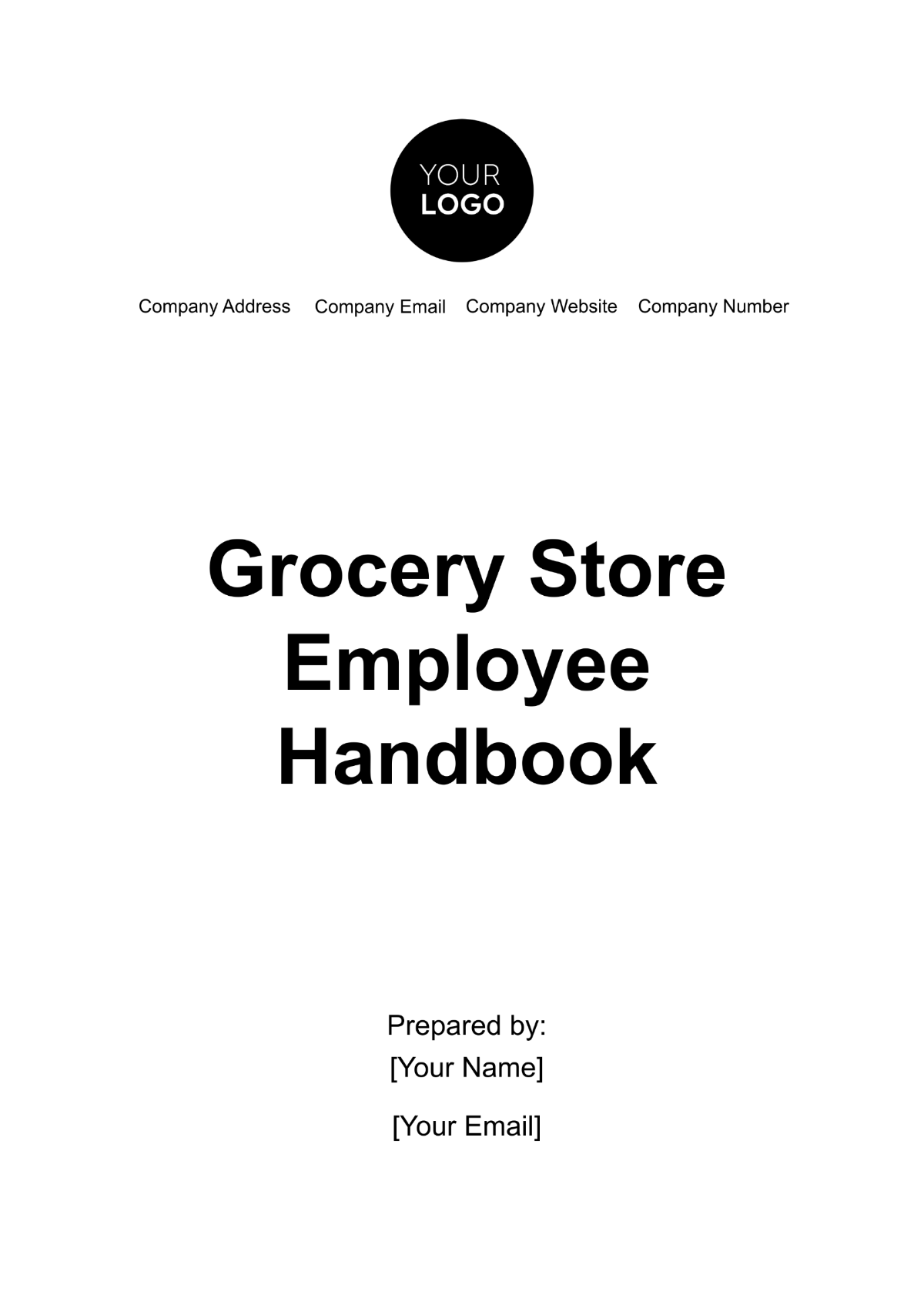Manager Handbook
Welcome to the Manager Handbook of [YOUR COMPANY NAME]. This document is crafted to serve as a guide for managers at all levels within [YOUR COMPANY NAME], providing you with the policies, procedures, and tools necessary to effectively manage your teams and projects. The handbook is intended to help you navigate through your managerial responsibilities and enhance the performance and productivity of your team.
I. Introduction
A. Purpose of the Handbook
The purpose of this Manager Handbook is to furnish you, the manager, with the essential understanding and practical guidance needed to succeed in your role at [YOUR COMPANY NAME]. Through this handbook, you will find comprehensive information regarding company policies, managerial responsibilities, and team management practices. We designed this resource to assist you in fostering a positive, productive work environment and achieving the organizational goals set by [YOUR COMPANY NAME].
B. Scope
This handbook applies to all departmental managers and team leaders across [YOUR COMPANY NAME]. It provides information that is paramount in shaping the decisions that managers make daily. Regardless of the department or team you oversee, the principles outlined here are intended to guide coherent and consistent management practices throughout [YOUR COMPANY NAME].
II. Managerial Ethics and Conduct
A. Expectations of Conduct
As a manager at [YOUR COMPANY NAME], you are expected to uphold the highest standards of ethical conduct. This includes maintaining a professional demeanor, treating all employees fairly, and managing without prejudice or bias. You are also responsible for ensuring that your actions comply with legal and organizational policies to create an ethical workplace for everyone under your supervision.
B. Confidentiality and Privacy
Handling sensitive information with discretion is imperative. As a manager, you will have access to confidential information that may pertain to company operations, employee details, or proprietary data. It is your responsibility to safeguard this information and only share it by [YOUR COMPANY NAME] policies and applicable laws.
III. Human Resources Policies
A. Recruitment and Hiring
Understanding your role in recruitment and hiring is crucial. You should strive to follow fair hiring practices that align with company policies, ensuring the selection of the best candidates based on merit. Coordination with the Human Resources department is essential for facilitating smooth recruitment processes and ensuring compliance with all legal and organizational requirements.
B. Employee Relations and Grievances
Managing employee relations involves addressing concerns and conflicts fairly and promptly. You are encouraged to foster an environment where employees feel comfortable voicing their grievances. Being approachable and responsive in such situations is vital for maintaining workforce morale and productivity.
IV. Leadership and Development
A. Leadership Skills
Effective leadership is key to successful management. As a manager at [YOUR COMPANY NAME], you are expected to develop and demonstrate strong leadership skills, including clear communication, decision-making capability, and the ability to motivate and inspire your team. Ongoing leadership training may be provided to enhance these skills.
B. Team Development
Building a competent team and fostering continuous development are your responsibilities. This includes not only identifying individual and team skills gaps but also facilitating relevant training and professional development opportunities. Your efforts in team building greatly contribute to the overall performance and success of [YOUR COMPANY NAME].
V. Performance Management
A. Evaluating Employee Performance
Regular evaluation of employee performance is essential. These assessments help in identifying areas of improvement and success, aligning individual objectives with company goals, and facilitating appropriate feedback. Implementing structured evaluation processes will help standardize performance assessment across [YOUR COMPANY NAME].
B. Feedback and Coaching
Feedback is a powerful tool in managing and improving team performance. As a manager, providing regular, constructive feedback and coaching is crucial. This not only aids in personal development for team members but also enhances team dynamics and overall productivity at [YOUR COMPANY NAME].
VI. Operational Management
A. Project Management
Managers often oversee various projects. Effective project management involves planning, delegating, tracking progress, and reviewing results. Adhering to the best practices and tools recommended by [YOUR COMPANY NAME] can greatly improve the chances of project success and efficiency.
B. Budget and Resource Allocation
Efficient management of budgets and resources is critical to operational success. As a manager, you are required to ensure that resources are used judiciously and that financial limits are respected. This requires careful planning and continuous monitoring of expenditures and resource usage within your team or department.
VII. Communication
A. Internal Communication
Internal communication within [YOUR COMPANY NAME] must be clear, truthful, and timely. As a manager, you must communicate effectively with your team and other departments. This ensures that all members are informed and can collaborate efficiently.
B. External Communication
When communicating externally, it is vital to maintain the integrity and values of [YOUR COMPANY NAME]. Managers should ensure that all communications reflect the organization’s standards and enhance its public image.
VIII. Revision History
Version | Date | Description of Changes | Author |
|---|---|---|---|
1.0 | 2053-01-01 | Initial version | [YOUR NAME] |
1.1 | 2053-06-01 | Updated section on performance management | [YOUR NAME] |
